Third-Party Logistics (3PL): A Complete Guide
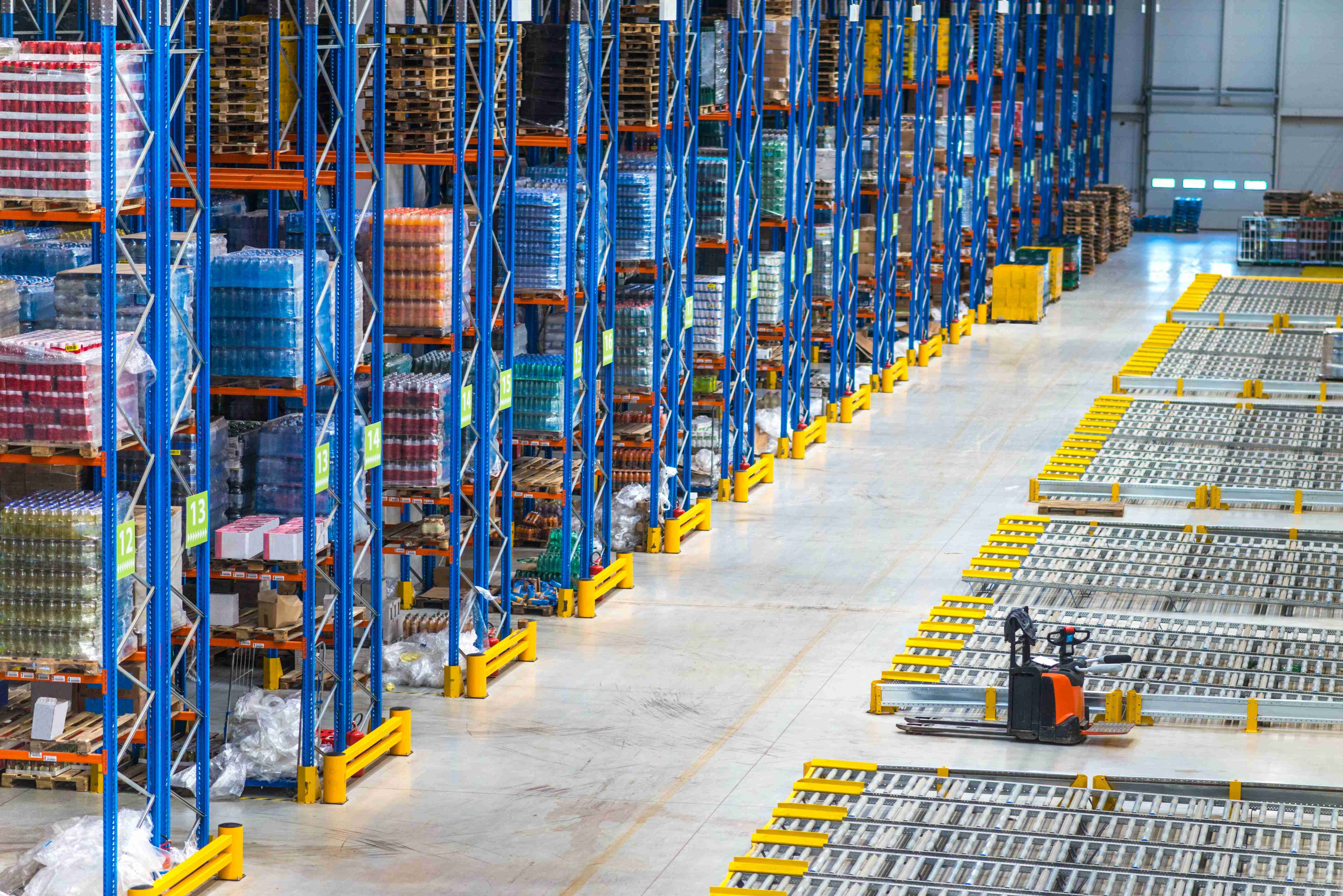
If you are running a business that involves shipping goods to customers, you may have heard of third-party logistics (3PL). 3PL is a service that allows you to outsource some or all of your logistics operations to a specialized provider. By using 3PL, you can save time, money, and resources, while focusing on your core competencies. But how does 3PL work, and what are the benefits and challenges of using it? In this article, we will give you a complete guide on 3PL, covering its definition, types, advantages, disadvantages, and best practices.
What is 3PL (Third-Party Logistics)
Third-party logistics, known as 3PL, refers to outsourcing a business's supply chain and logistics operations. By entrusting a significant portion of the back-end processes to a 3PL provider, a company can concentrate on strategic initiatives such as market expansion or service enhancement. Additionally, leveraging the services of a 3PL provider can lead to streamlined processes, reduced costs, and enhanced efficiency throughout the entire supply chain.
Key services offered by 3PL providers include:
- Warehousing
- Shipping and Receiving
- Inventory management and storage
- Picking and packing
- FTL (Full Truckload) and LTL (Less Than Truckload) freight shipping
- Kitting and customization
- Reverse logistics
When seamlessly integrated into a business's transportation and warehousing procedures, 3PL services can be applied across various aspects of the supply chain, contributing to improved financial performance, operational efficiency, and overall customer satisfaction.
What is a 3PL Logistics Solution?
Third-party logistics (3PL) solution encompassing a range of services aimed at streamlining different functions within a firm’s supply chain and distribution operations. These offerings aim to simplify processes, enhance operational effectiveness and eventually boost overall supply chain success.
Key components of a 3PL logistics solution may include:
- Warehousing: The 3PL provider often manages warehouse facilities, handling storage, inventory management, and distribution.
- Shipping and Receiving: Efficient management of inbound and outbound shipments, ensuring timely and accurate deliveries.
- Inventory Management and Storage: Monitoring and controlling stock levels to prevent overstock or stockouts, optimizing storage space.
- Picking and Packing: Order fulfilment processes, including picking items from inventory and packing them for shipment.
- Freight Shipping (FTL and LTL): Full Truckload (FTL) and Less Than Truckload (LTL) shipping services for transporting goods.
- Kitting and Customization: Assembling product kits or customizing orders based on specific requirements.
- Reverse Logistics: Managing product returns, exchanges, and recycling processes.
A 3PL logistics solution allows businesses to outsource these logistics functions to a specialized provider, enabling them to focus on core competencies while benefitting from the expertise and efficiency of the 3PL partner in managing complex supply chain operations.
Advantages of 3PL Logistics Solutions
With the rising demand for quicker delivery options, businesses are turning to third-party logistics (3PL) providers to optimize their fulfillment processes and maintain competitiveness. Constructing an internal supply chain network involves a substantial investment, which isn't practical for most companies. When a business reaches a certain level of growth, outsourcing logistics becomes more efficient and cost-effective for several reasons.
- Faster Delivery Options: Maintaining only one fulfillment centre in a specific location poses challenges in offering fast delivery to customers in distant areas. Utilizing a 3PL allows storing products in warehouses strategically located near key markets, facilitating quicker delivery.
- Save Time and Streamline Operations: Engaging a 3PL provides businesses with more time, a valuable resource. With a dedicated 3PL managing order fulfillment, companies can focus on strengthening other aspects of their operations. This eliminates the need to hire additional staff, develop new technologies, or build complex infrastructure for supply chains, avoiding strain on existing resources.
- Specialized Knowledge of Logistics: Top 3PL providers boast extensive experience in logistics and supply chain management. Drawing from decades of handling challenges such as raw material shortages and disruptions in supply chains, 3PLs have developed valuable insights and implemented systems to navigate complexities during the fulfilment process.
- Provide Opportunities for Growth: 3PL providers offer flexibility in supply chain management, accommodating fluctuations in demand and order volume as a business evolves. Additionally, with a global supply chain network, a 3PL can assist in navigating international trade regulations, providing growth opportunities.
- Gain a Competitive Advantage: Outsourcing logistics to a 3PL allows businesses to focus on customer experience, marketing improvements, and market expansion. Companies relying on in-house fulfillment or subpar 3PLs may stagnate, while engaging a top 3PL provides access to valuable insights and guidance for supply chain optimization, staying ahead of the competition.
- Deliver a First-Class Customer Experience: A 3PL contributes to enhancing the customer experience by enabling faster shipping, accurate order fulfillment, and reliable tracking information. With a significant percentage of consumers expecting high transparency and visibility in package tracking, a 3PL helps meet these expectations, ensuring customer satisfaction.
3PL vs. 4PL: What's the Difference?
| 3PL | 4PL |
| Complete Control: Has full control over processes, technology, people, services, and operations. | Contracted Work: Contracts out the work and lacks influence over the operations or quality of work. |
| Direct Communication: Allows direct communication with your logistics team. | Middleman Role: Acts as a middleman, communicating with your 3PL on your behalf. |
| Logistics Process Control: Provides greater control over day-to-day logistics processes. | Supply Chain Optimization: Focuses on optimizing the entire supply chain rather than day-to-day operations. |
| Asset Ownership: Has ownership of warehousing and/or transportation assets. | Asset Independence: Not asset-based and relies on a 3PL for warehousing, fulfilment, and transportation. |
| Physical Services: Offers physical logistics services. | Consulting Services: Provides operational consulting services. |
How To Choose The Best 3PL Logistics Company?
When selecting a 3PL company from the many available options, finding a logistics partner that aligns with your specific needs can be a challenge. To ensure a successful partnership, consider the following factors during your due diligence:
- Expertise: Look for a 3PL company with expertise in fulfilment services and a comprehensive understanding of end-to-end logistics to streamline your order consolidation.
- Years of Experience: Opt for a 3PL company with decades of experience. A long track record indicates resilience through challenges and a proven history of success.
- Technology Integrations: Ensure the 3PL has a robust IT infrastructure for seamless order fulfilment. Look for capabilities to integrate with your e-commerce platform, support custom APIs, and facilitate various sales channels.
- Supply Chain Flexibility: Choose a 3PL that offers supply chain flexibility. This means they can adapt to peak seasons, handle new product launches, and support your expansion into new markets.
- Level of Customization: Seek a 3PL company that can tailor its services to meet your unique needs and requirements. A flexible and customizable approach ensures a better fit for your business.
- Customer Support: Prioritize a 3PL company that provides excellent customer support. Look for a partner with proactive and responsive resolutions to any issues that may arise, ensuring a smooth and reliable collaboration.
How can you measure your 3PL's performance?
Ensuring efficient use of resources and value for money from your third-party logistics (3PL) provider requires effective performance measurement. Keep an eye on these key performance indicators (KPIs) and establish benchmarks to assess your 3PL's performance and pinpoint areas for enhancement.
On-time Delivery: Measure the percentage of orders delivered on time as per the agreed-upon delivery times outlined in the service level agreement (SLA).
Order Accuracy: Evaluate the percentage of orders fulfilled accurately, considering the correct products, quantities, and shipping addresses.
Inventory Accuracy: Accurately measure the percentage of your inventory recorded in your systems to ensure proper management.
Order Cycle Time: Track the time it takes for your 3PL to complete the order process, from picking and packing to shipping and delivery to customers.
Customer Satisfaction: Gauge customer satisfaction through surveys, reviews, return tracking, and monitoring of customer complaints. These insights provide a comprehensive view of customer experience and satisfaction levels.
Partner with Sohar Shipping for Effortless 3PL Logistics Solutions
Choose seamless logistics solutions with Sohar Shipping as your trusted 3PL partner. Experience effortless supply chain management, on-time deliveries, and precise order fulfilment. Benefit from our years of expertise, cutting-edge technology integrations, and unparalleled customer support. Elevate your logistics performance with Sohar Shipping – your reliable partner for streamlined and efficient 3PL solutions.
Latest Blogs
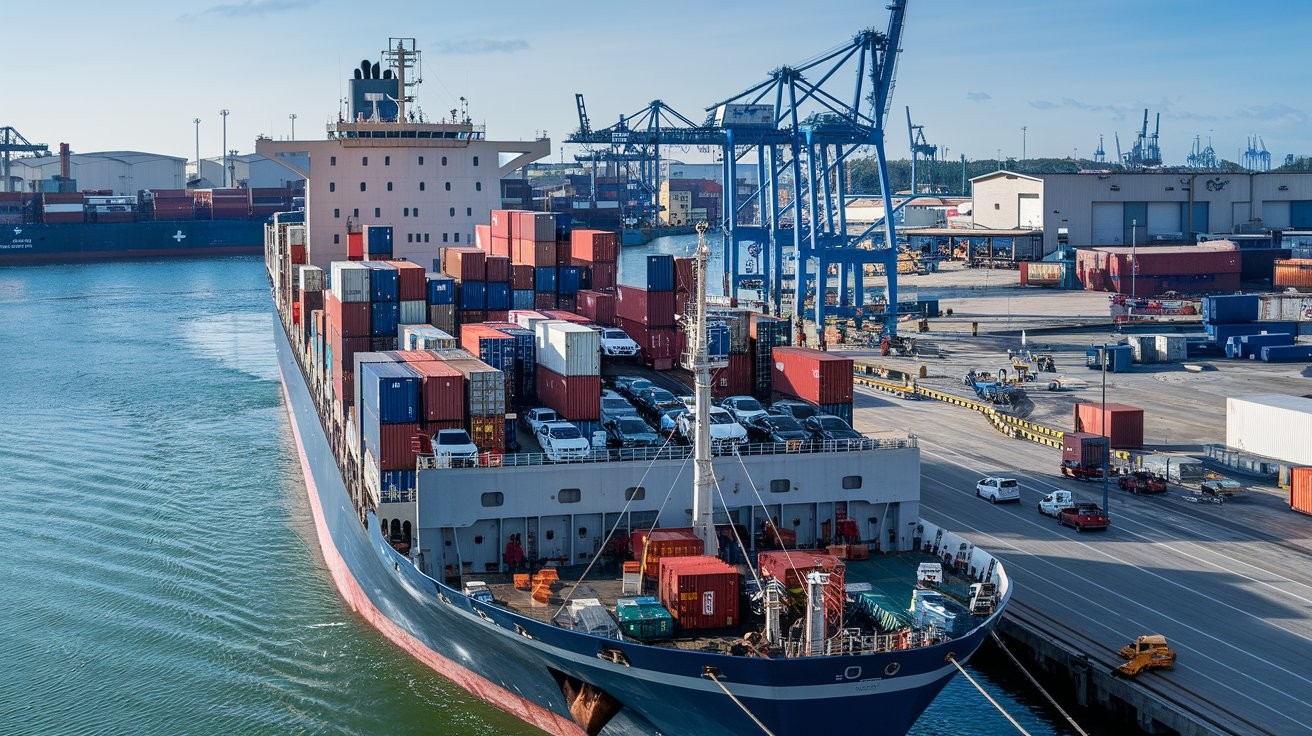

Key Benefits of End to End Supply Chains
20 Sep, 2024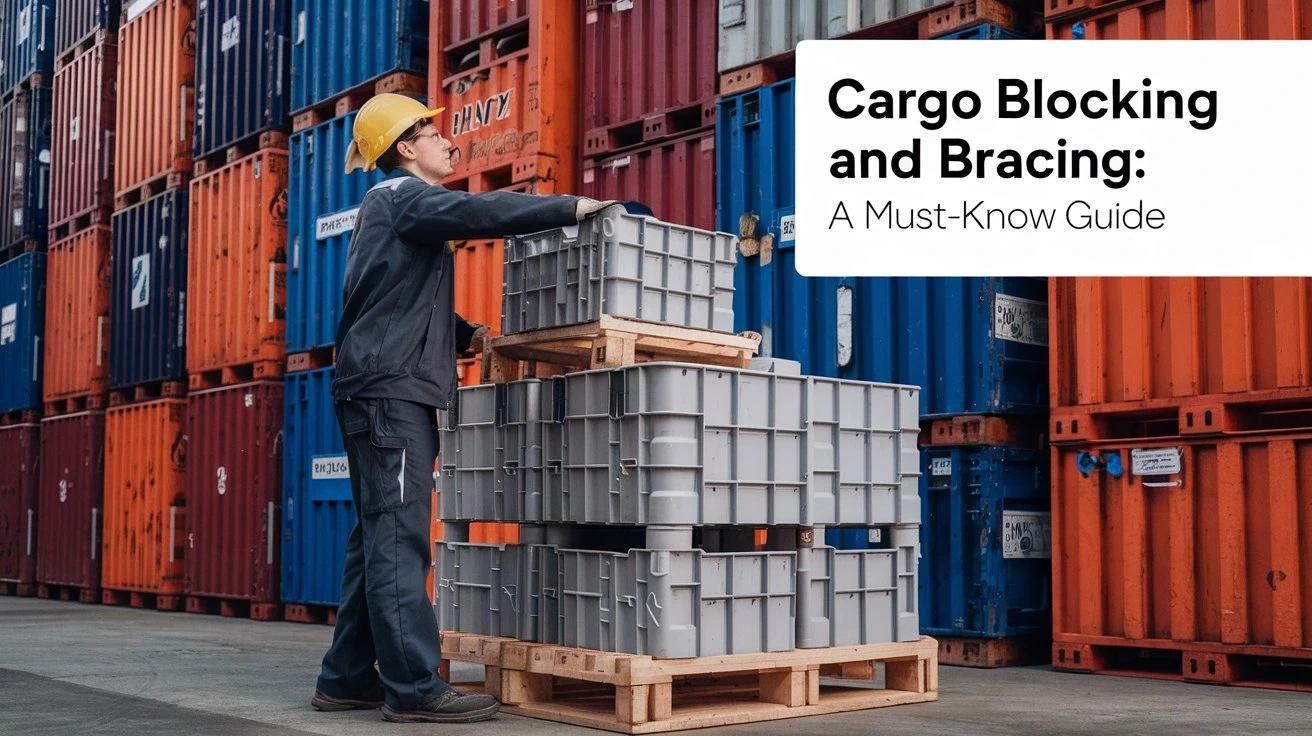
Cargo Blocking and Bracing: A Must-Know Guide
17 Sep, 2024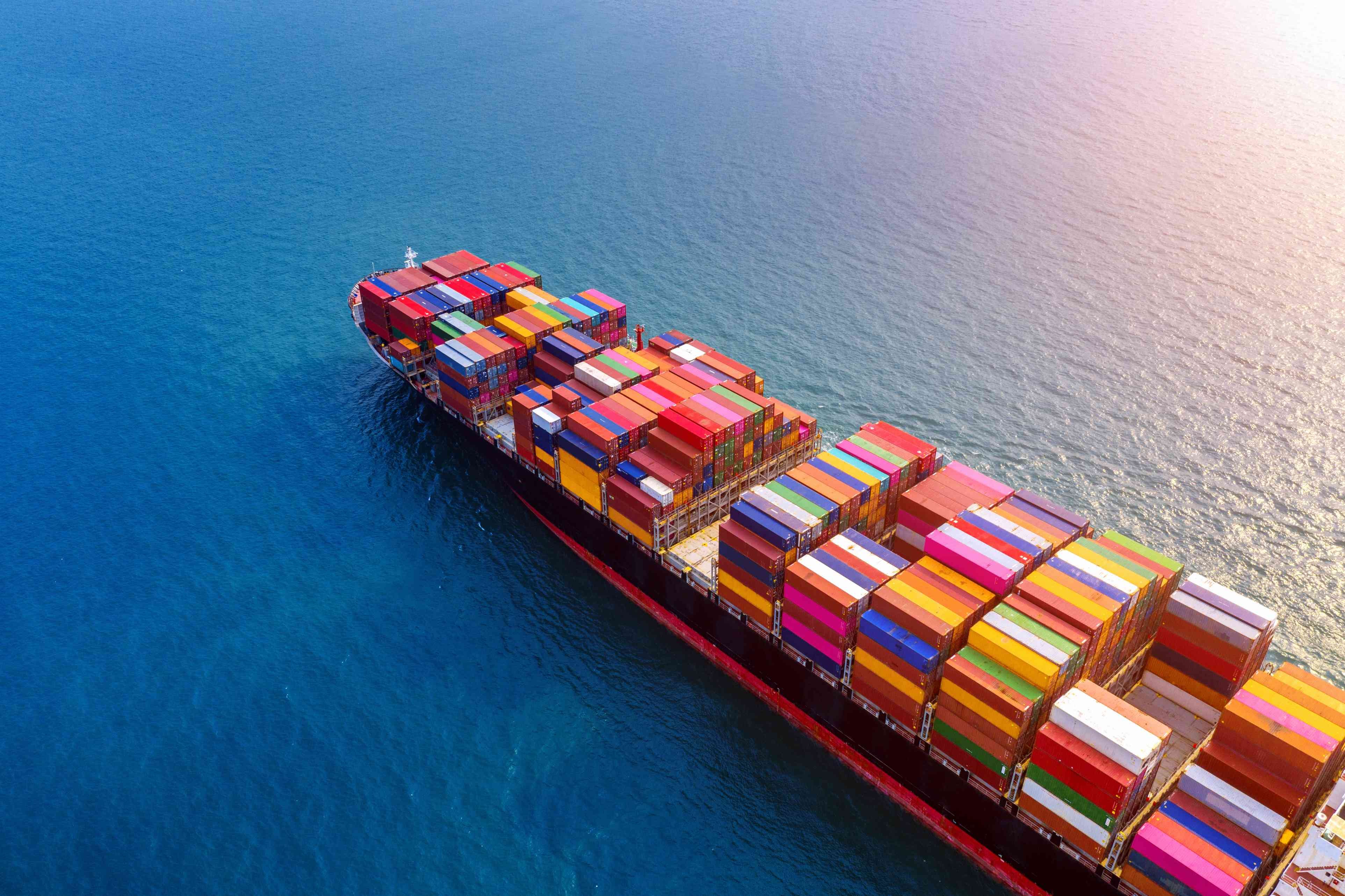
How do I book a container by sea freight
27 Nov, 2023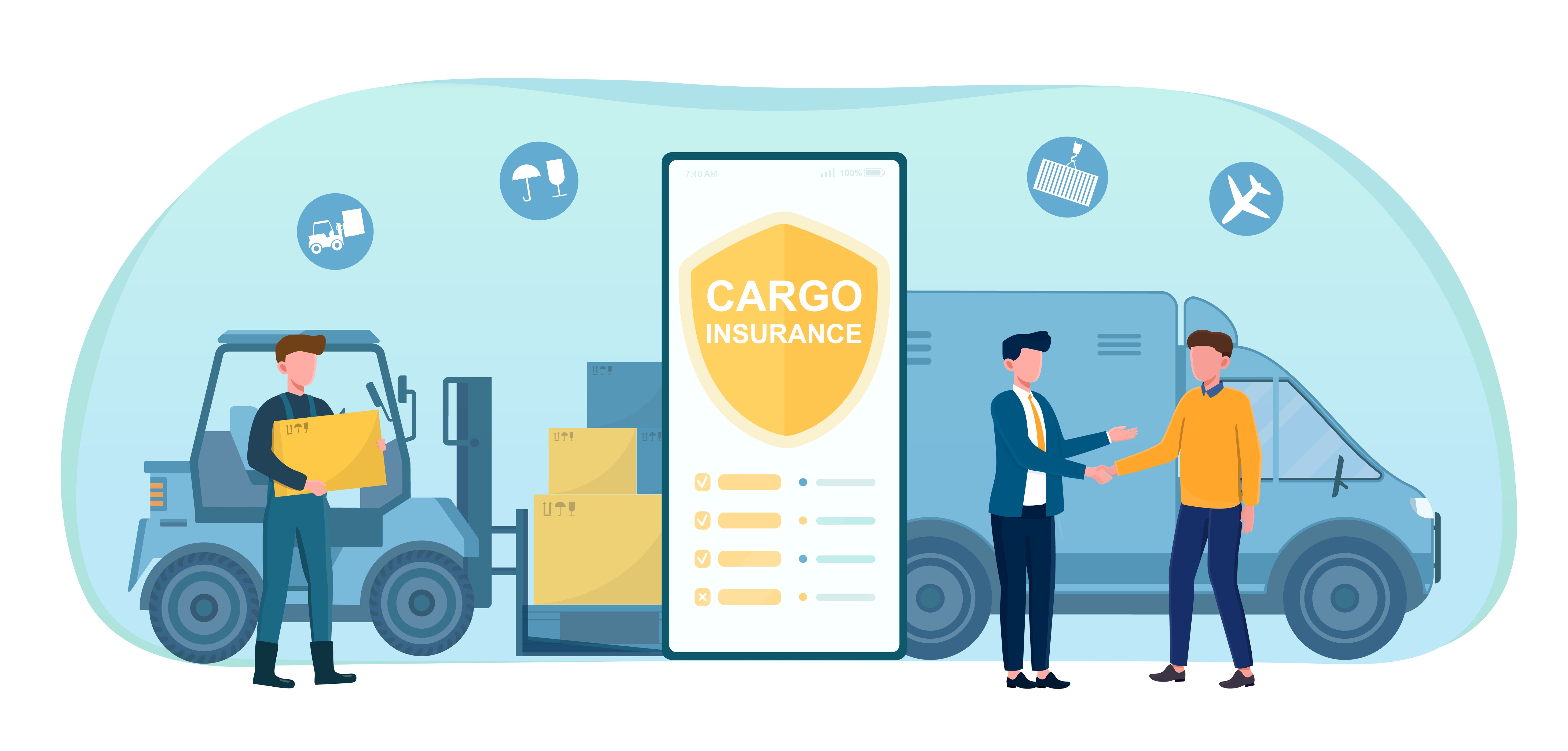
Top Reasons You Need A Cargo Insurance
30 Aug, 2023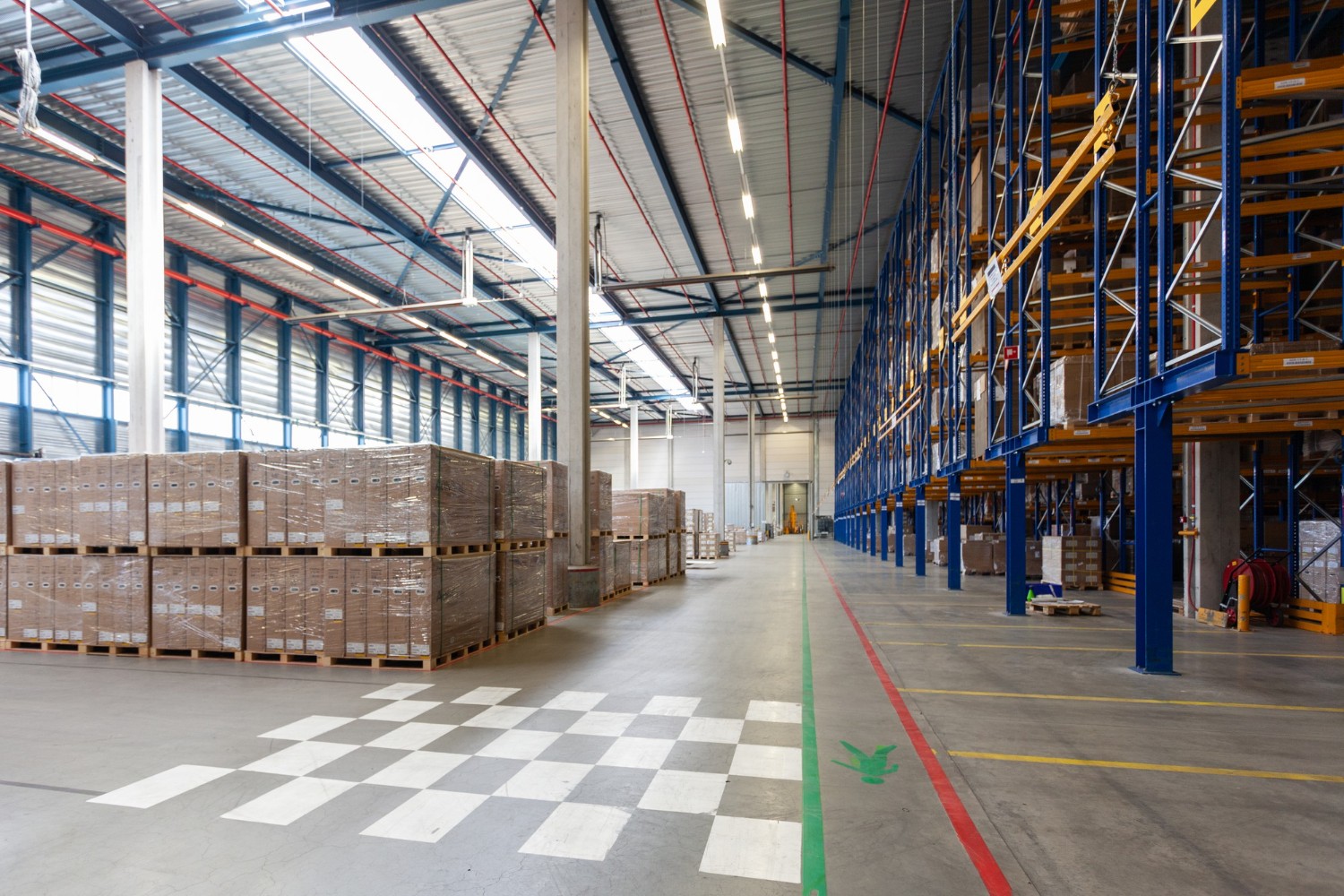
Benefits of Customs Bonded Warehousing
24 Jul, 2023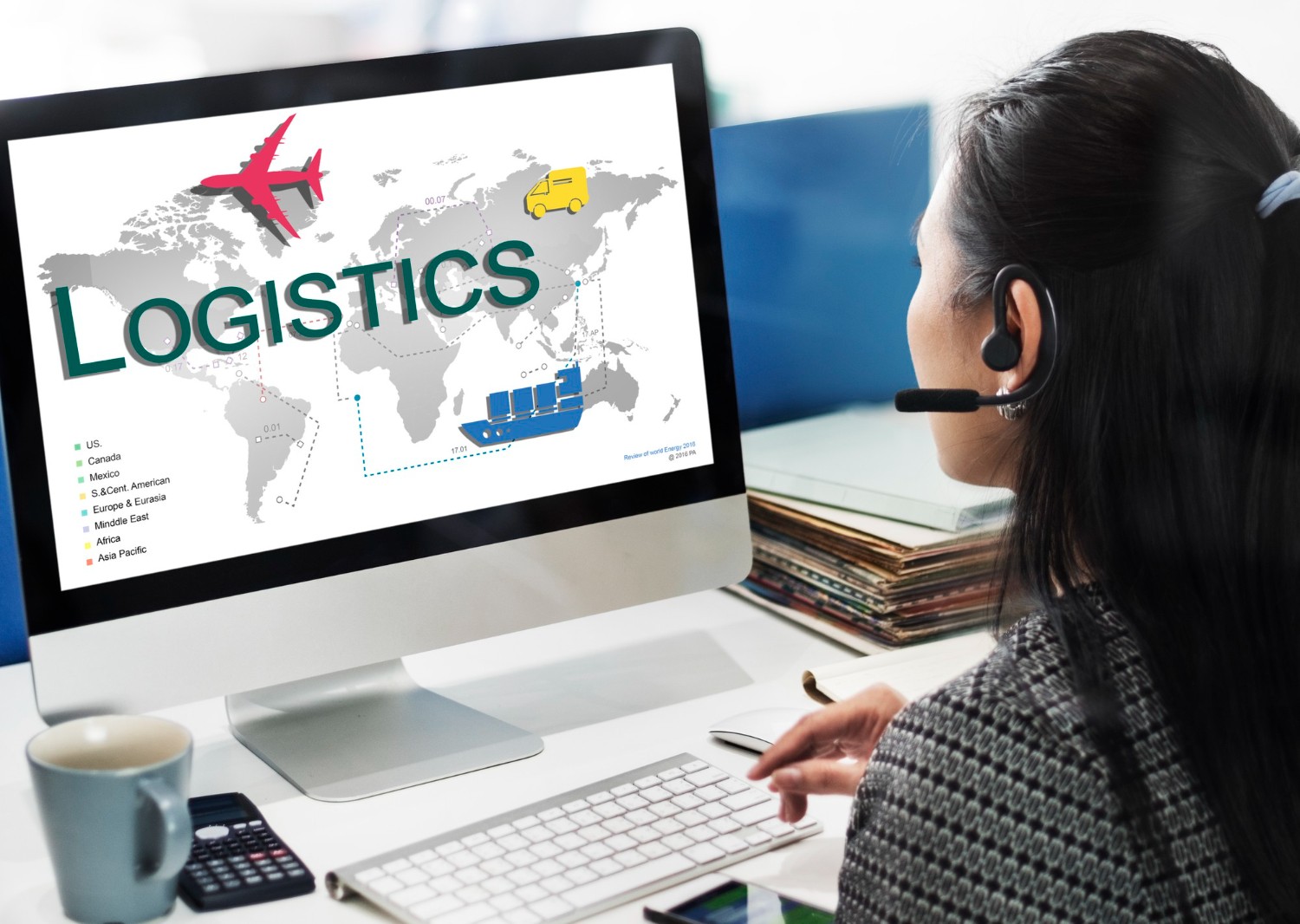
Benefits of Logistics Outsourcing
30 Jun, 2023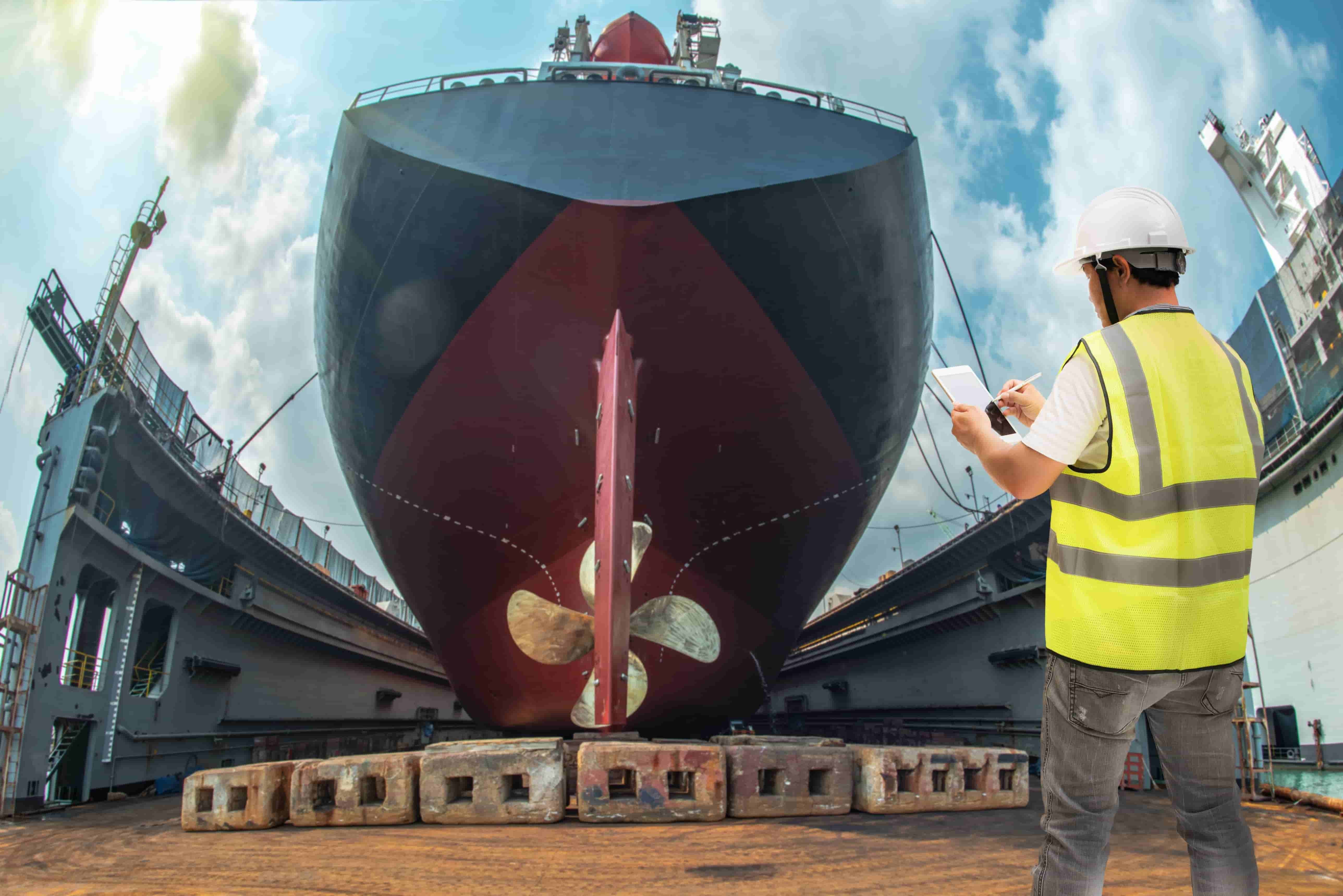
What is Dry Docking & Why Do Ships Do It?
30 May, 2023
All You Need to Know About Air Freight
16 May, 2023
Ways Carriers Benefit from Contract Logistics
25 Apr, 2023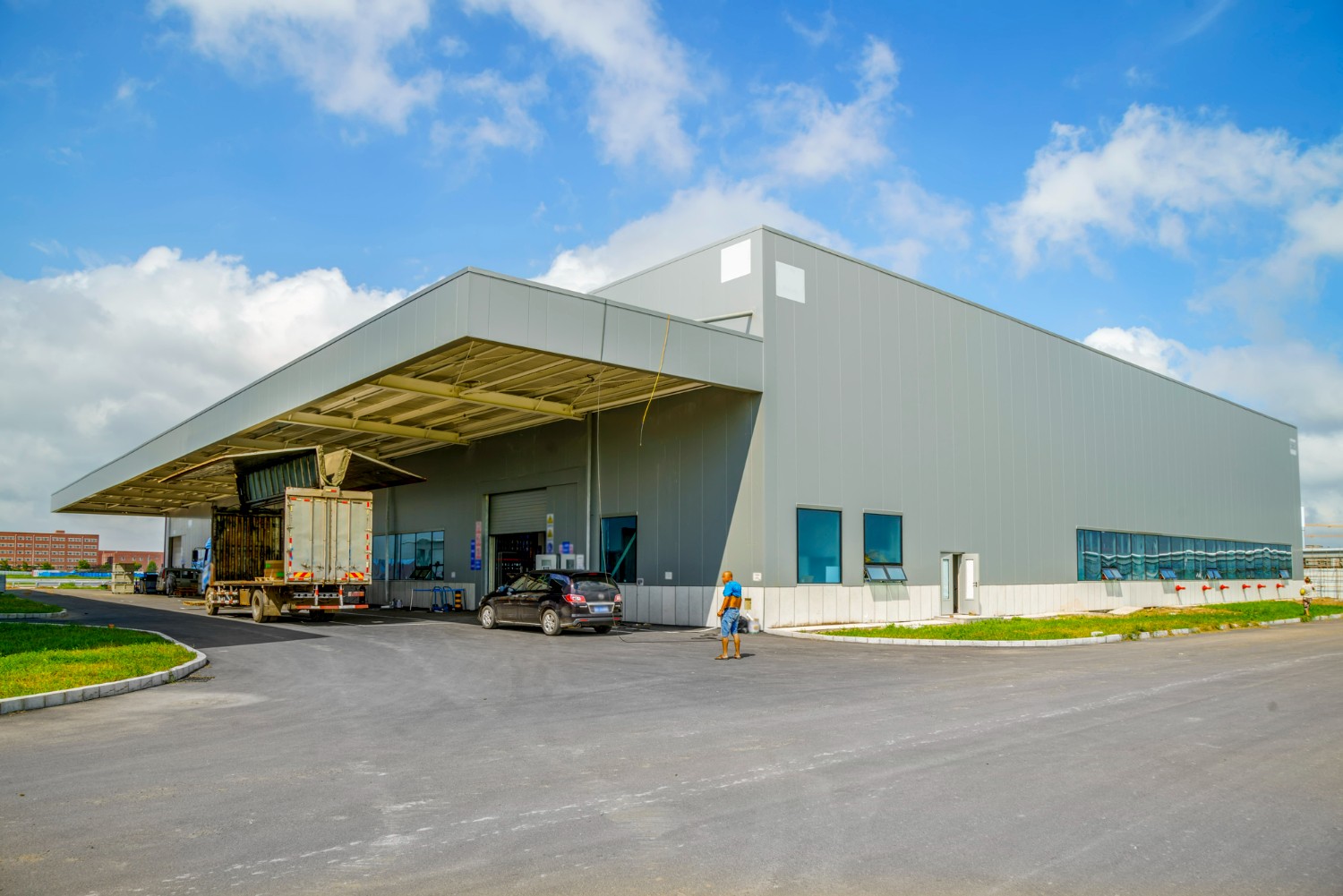
Pros and Cons of Contract Warehousing
27 Mar, 2023641c5faf72d6a.jpg)
Advantages of Freight Consolidation
23 Mar, 2023
All You Need to Know About Freight Charges
27 Feb, 2023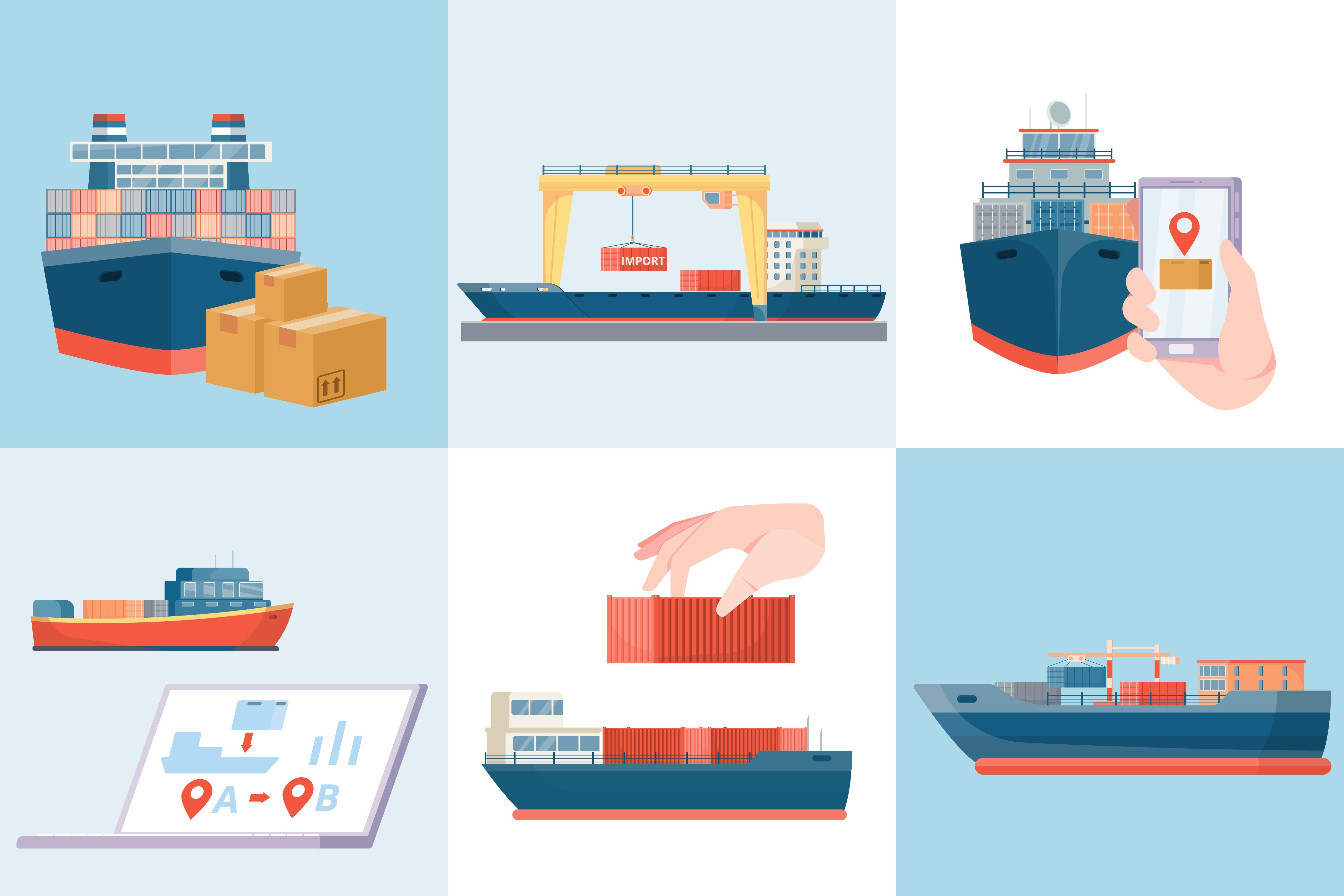
How to Find A Good Freight Forwarder?
24 Jan, 2023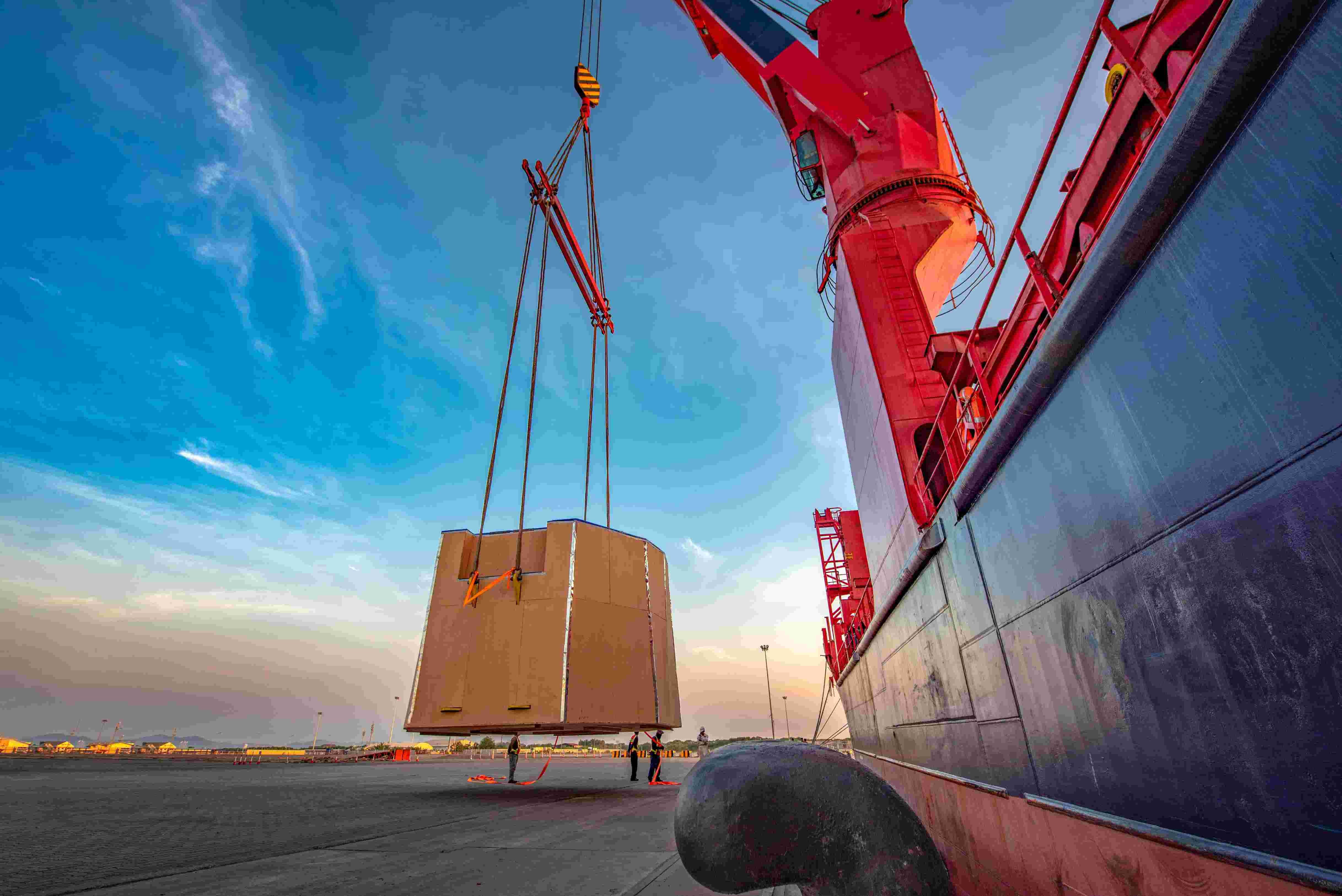
What is Project Cargo and How is it Transported?
07 Nov, 2022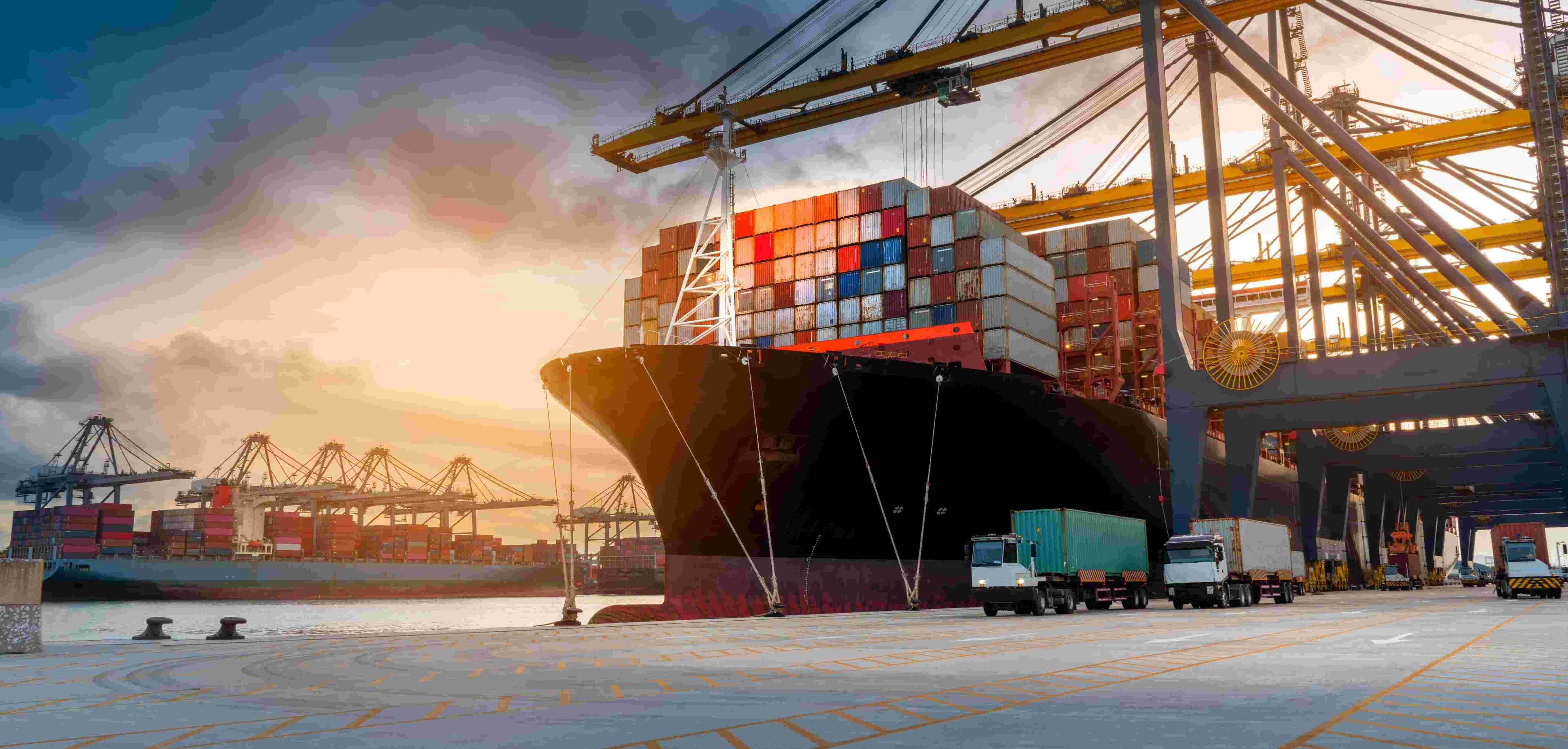
How International Ocean Freight Shipping Works
25 Oct, 2022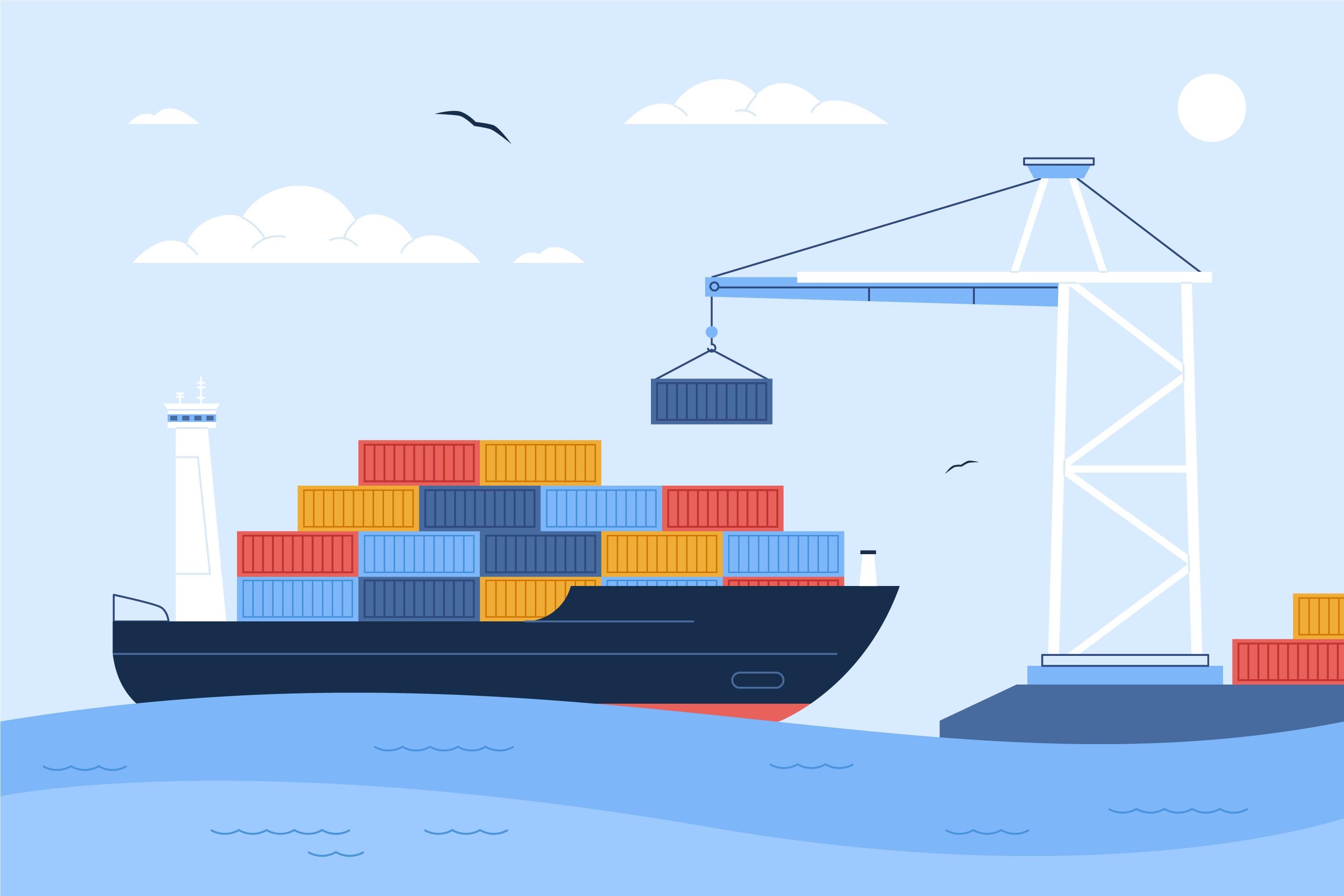
How does LCL shipping work?
26 Sep, 2022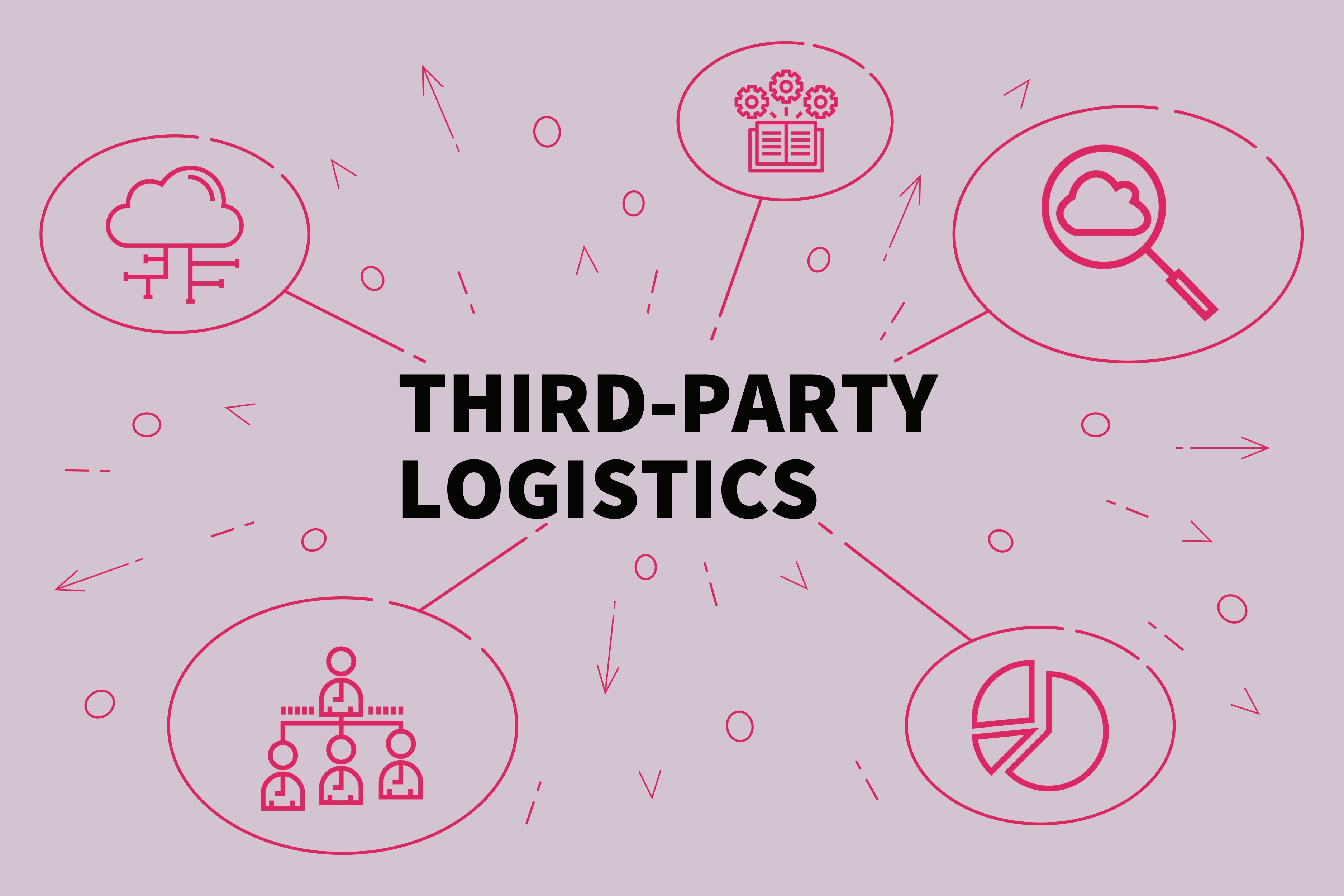
8 Ways to Optimize Your 3PL Relationship
22 Sep, 2022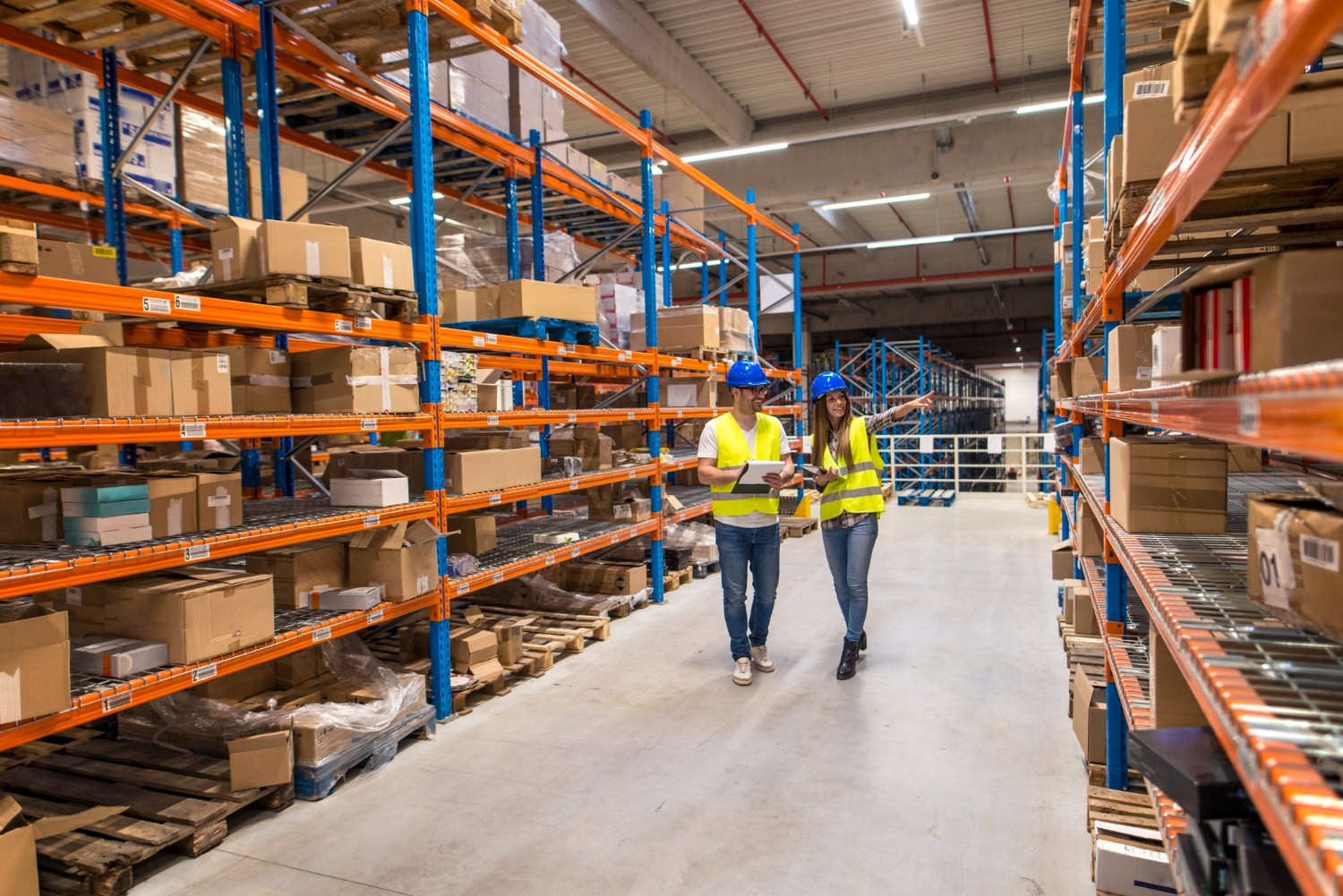
Benefits Of Using An Outsourced Warehouse
22 Aug, 2022
Importance of Cargo Insurance
30 Jul, 2022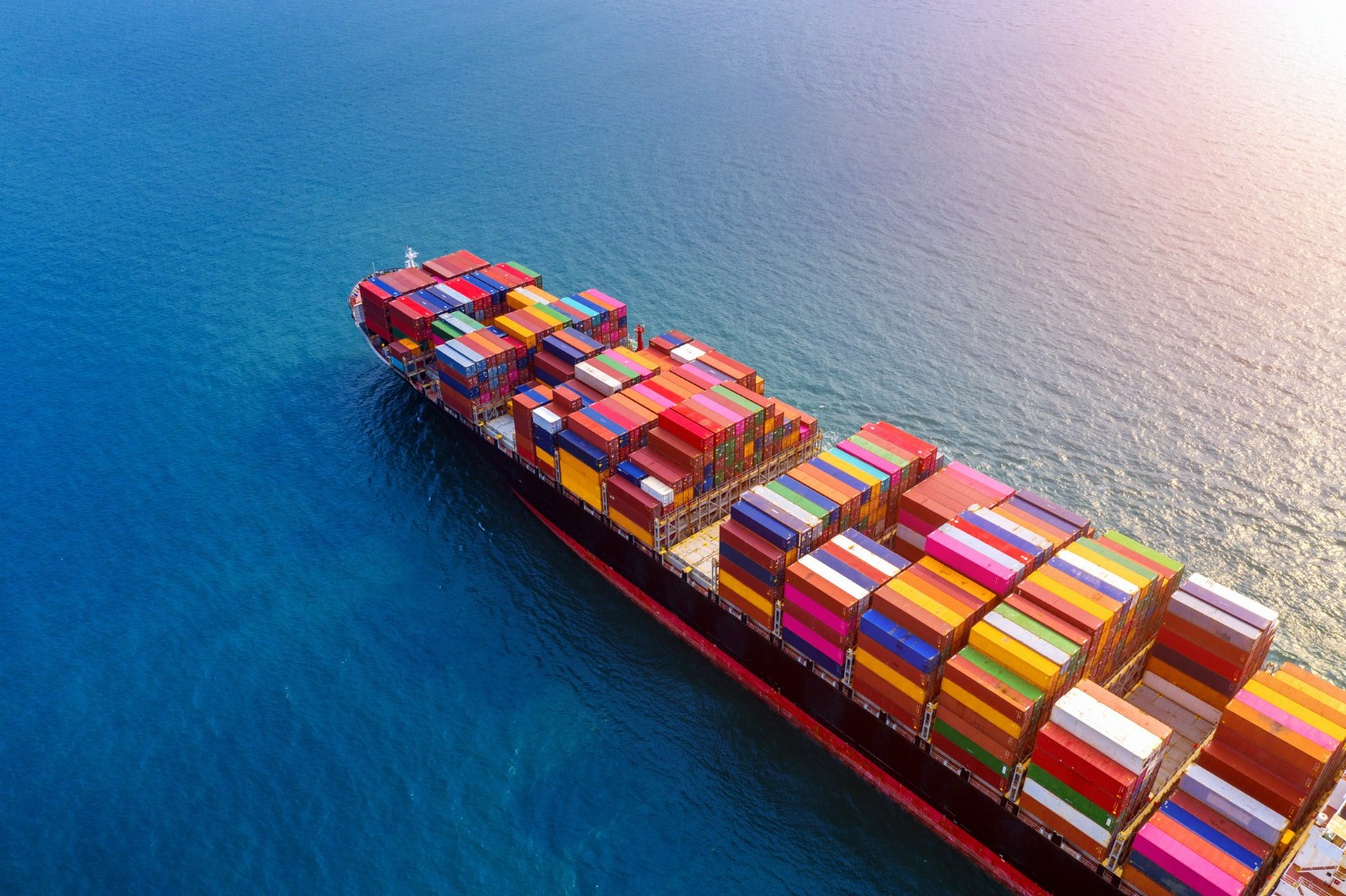
Top 10 Benefits of Ocean Freight Shipping
22 Jun, 2022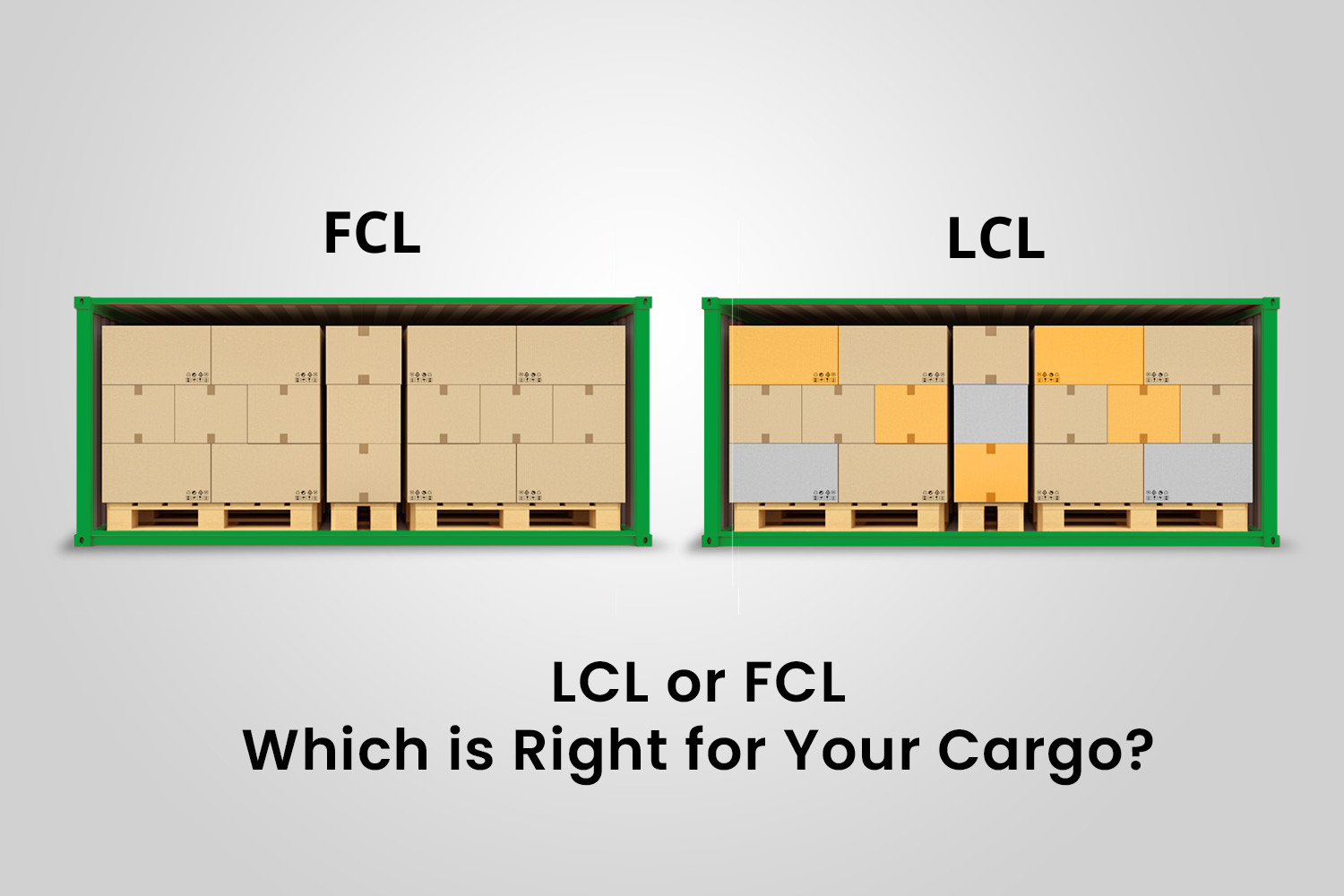
LCL or FCL - Which is Right for Your Cargo?
26 May, 2022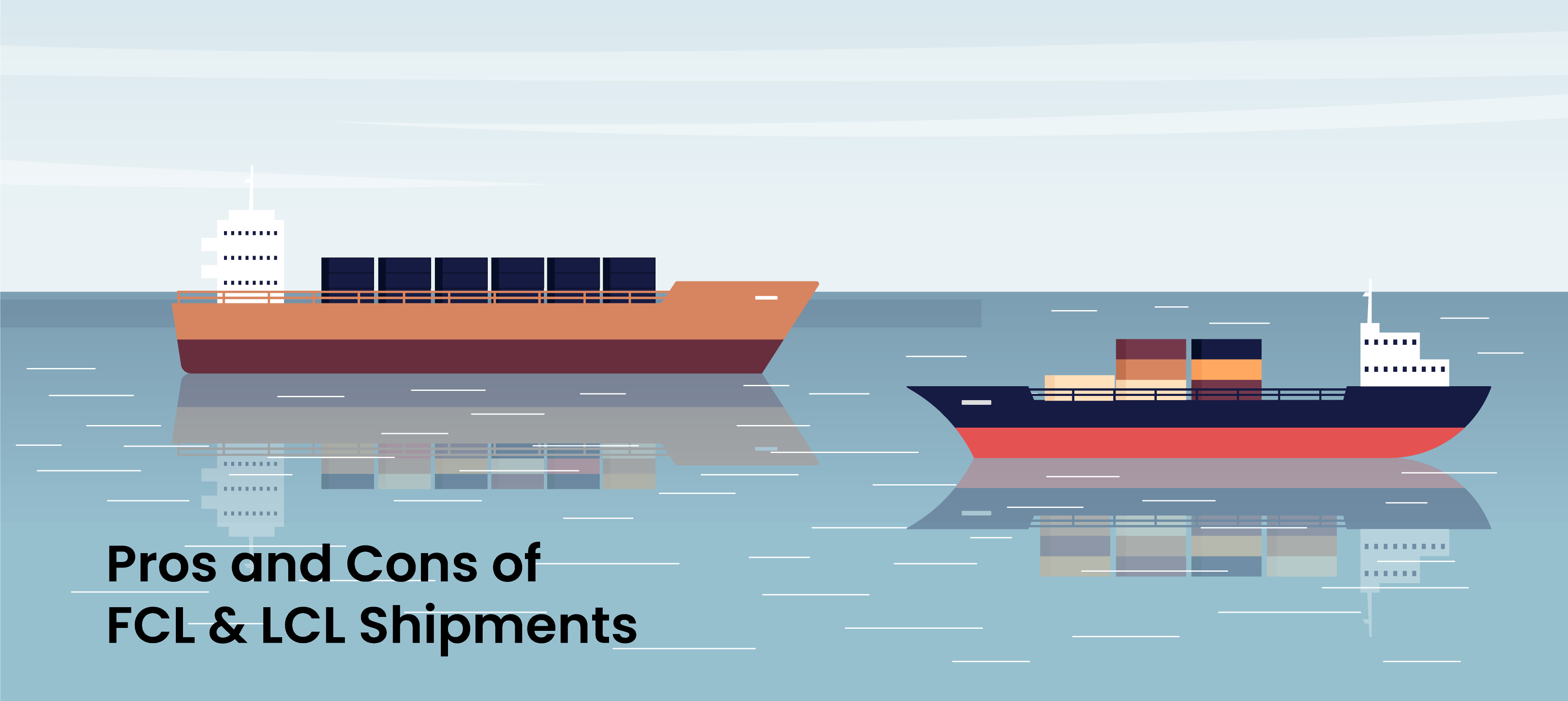
Pros and Cons of FCL & LCL Shipments
21 May, 2022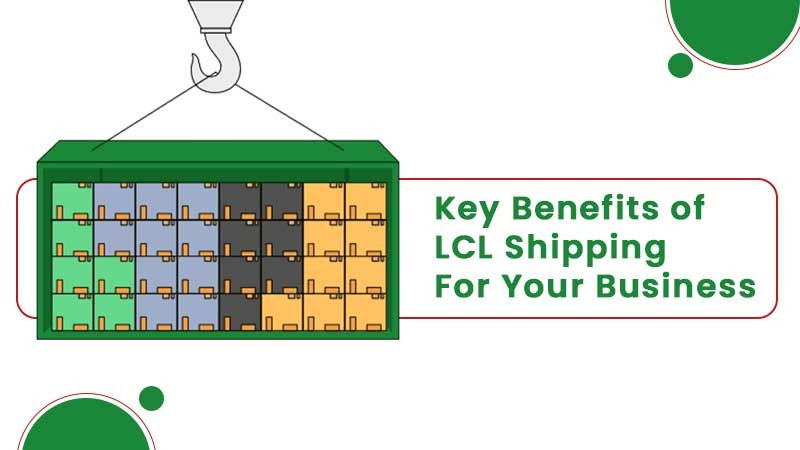
Key Benefits of LCL Shipping for Your Business
28 Jan, 2022

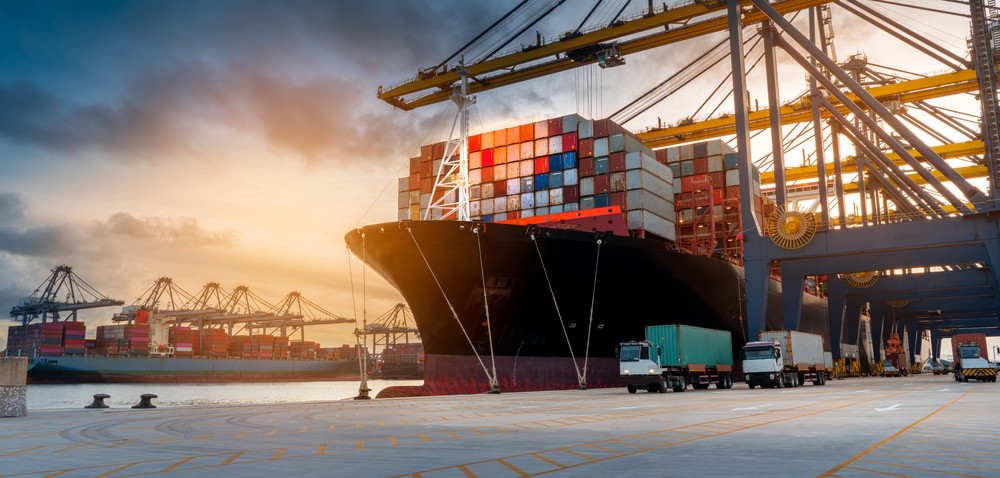
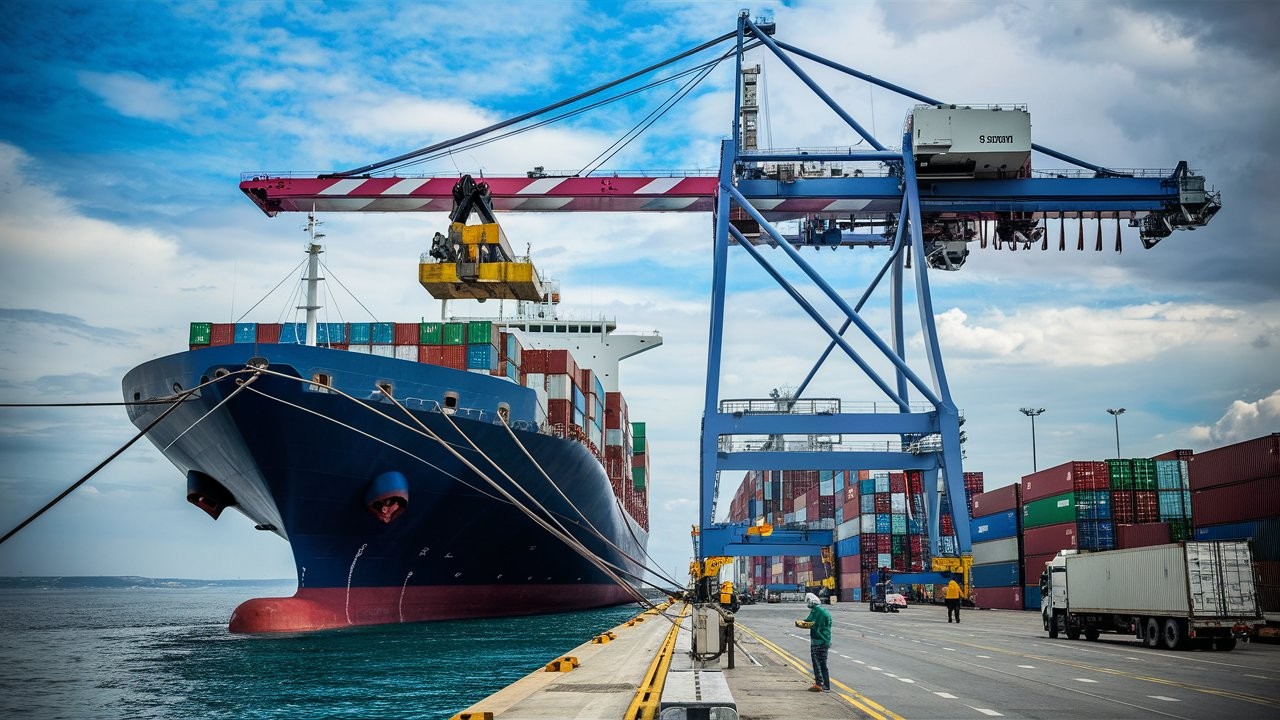
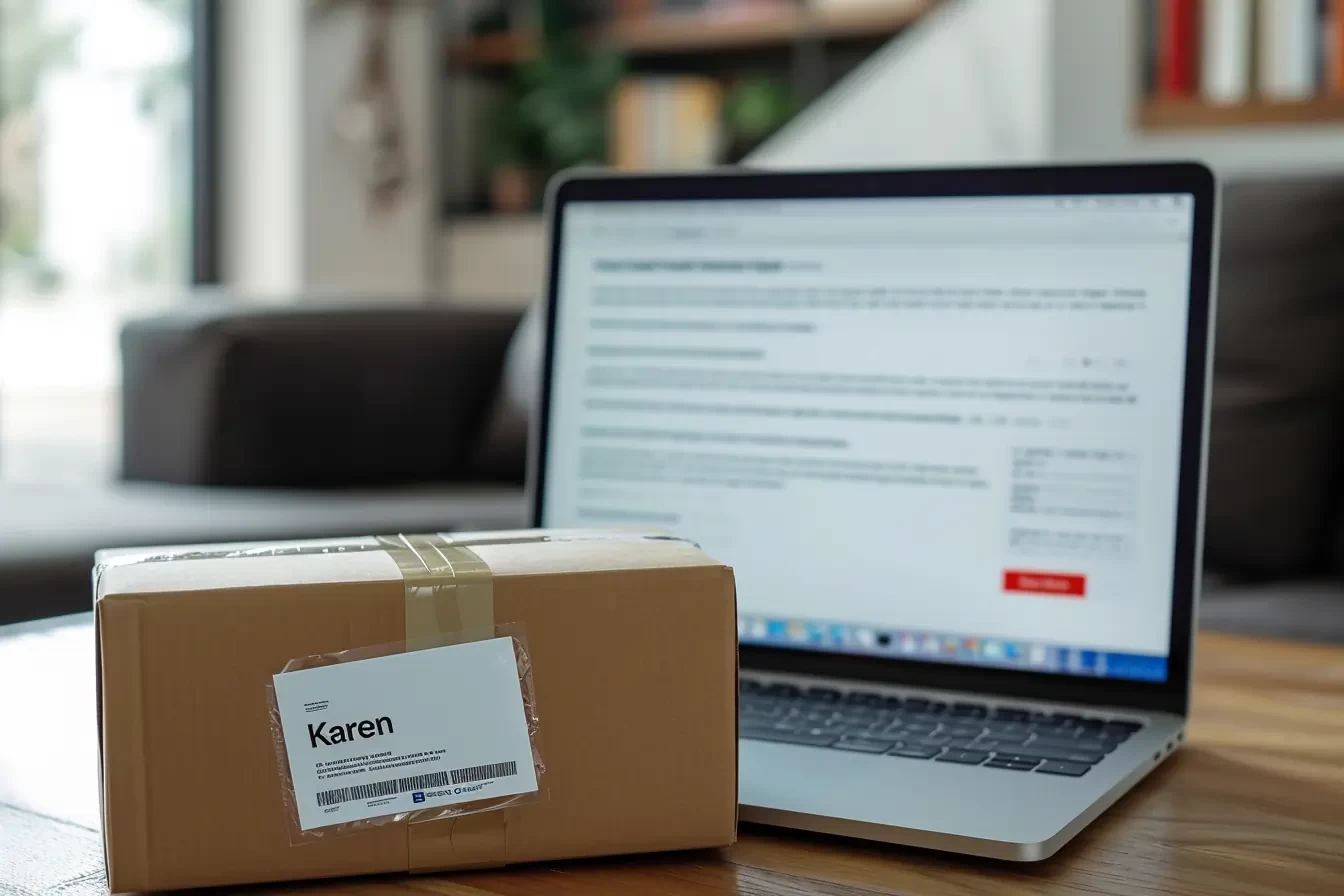
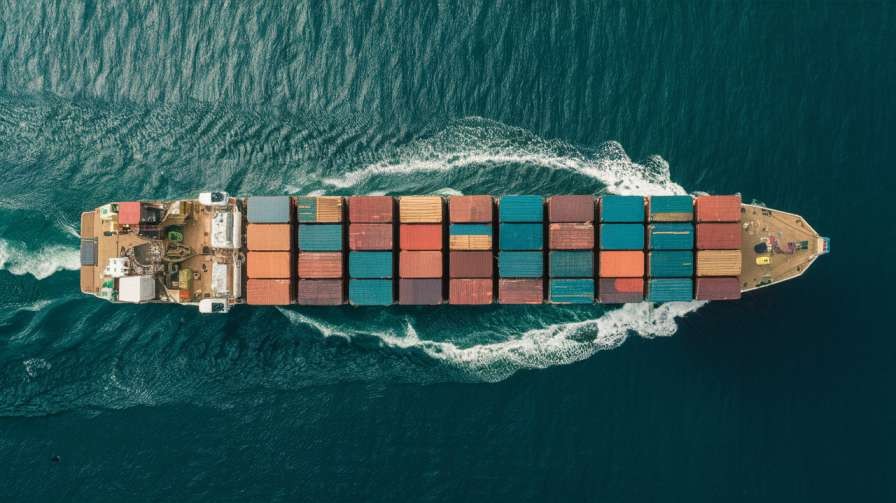

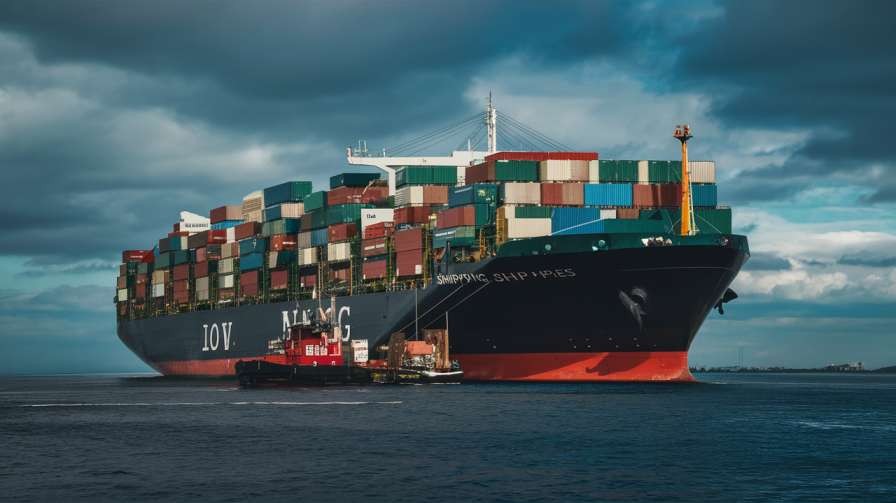
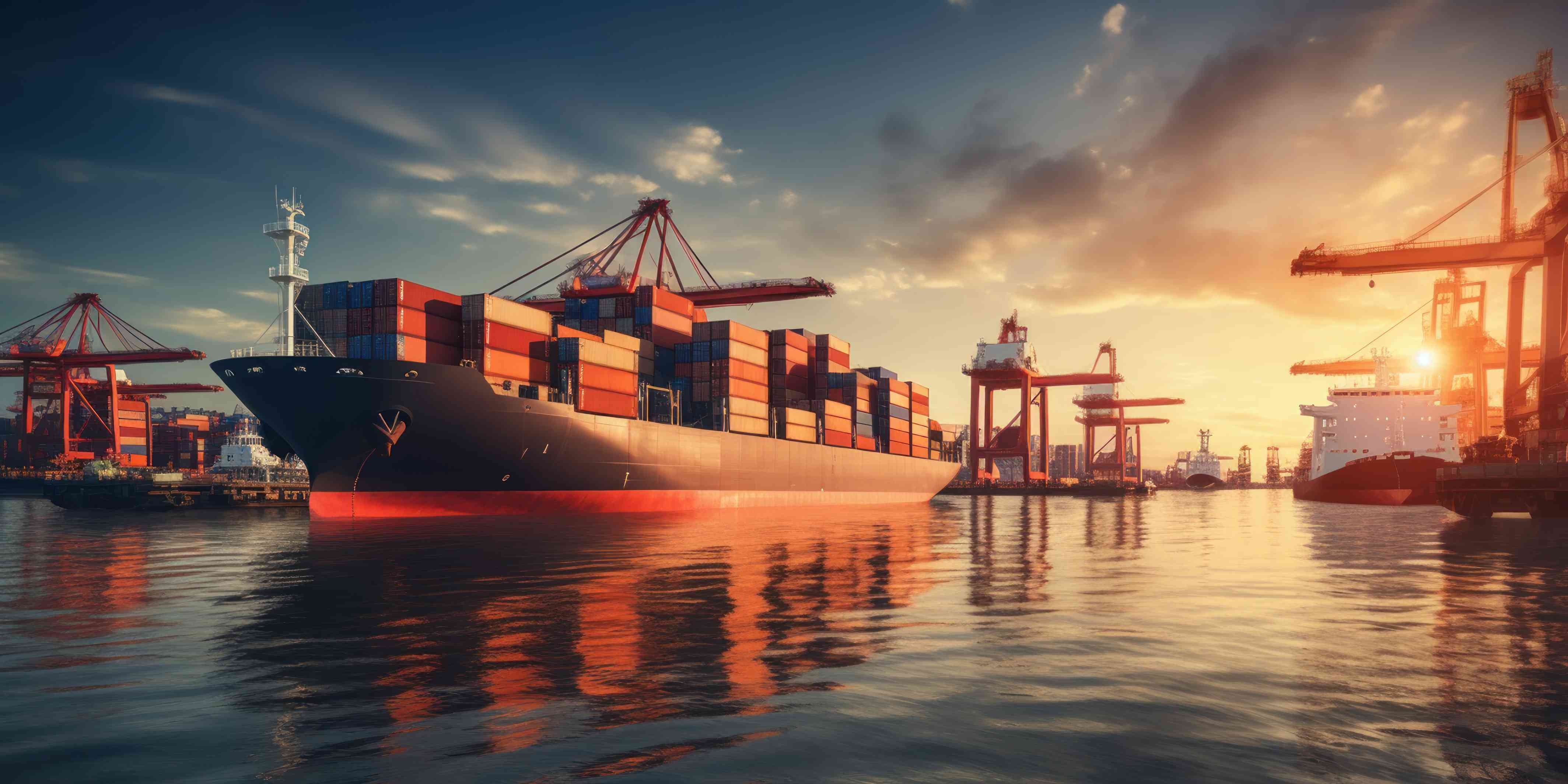

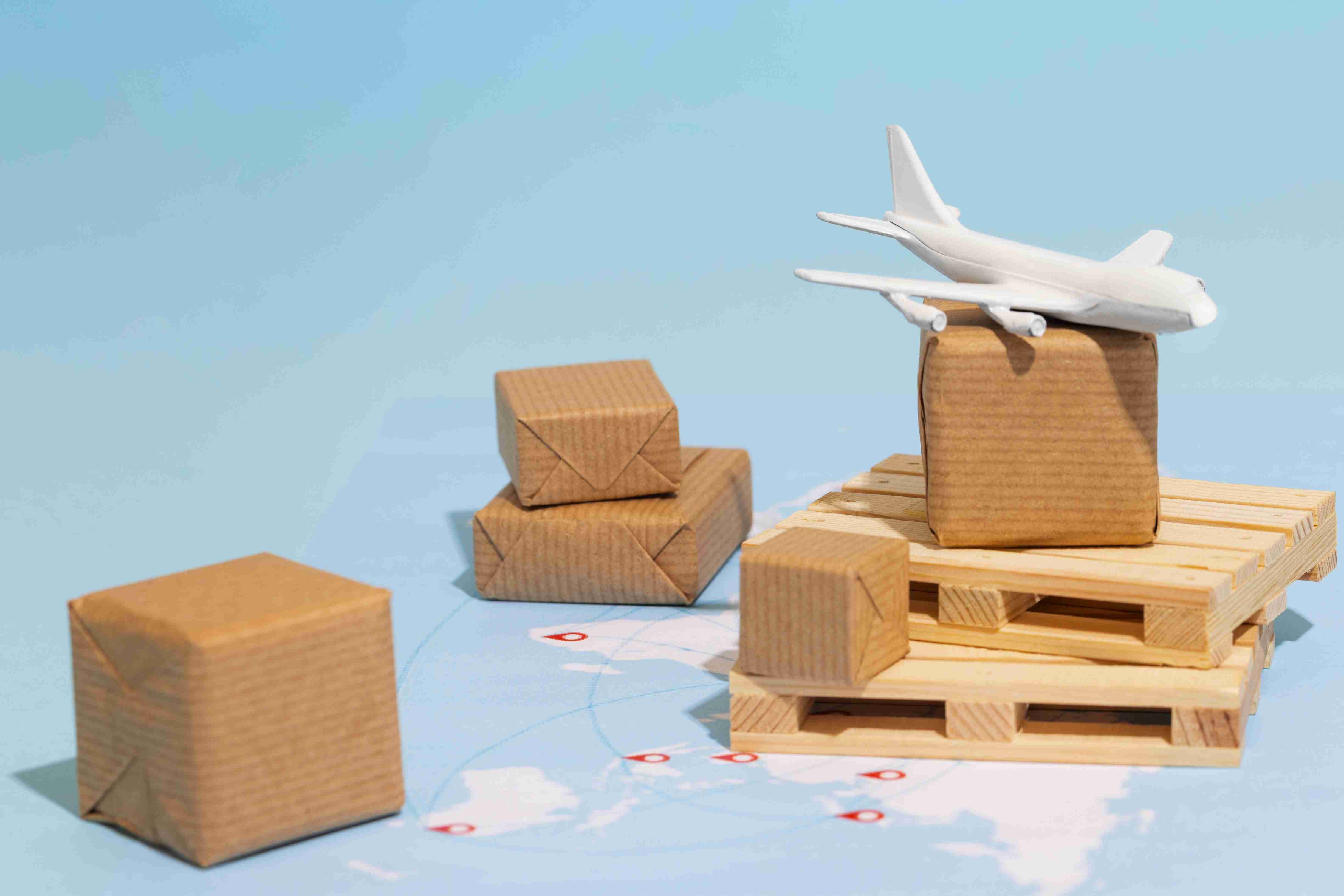
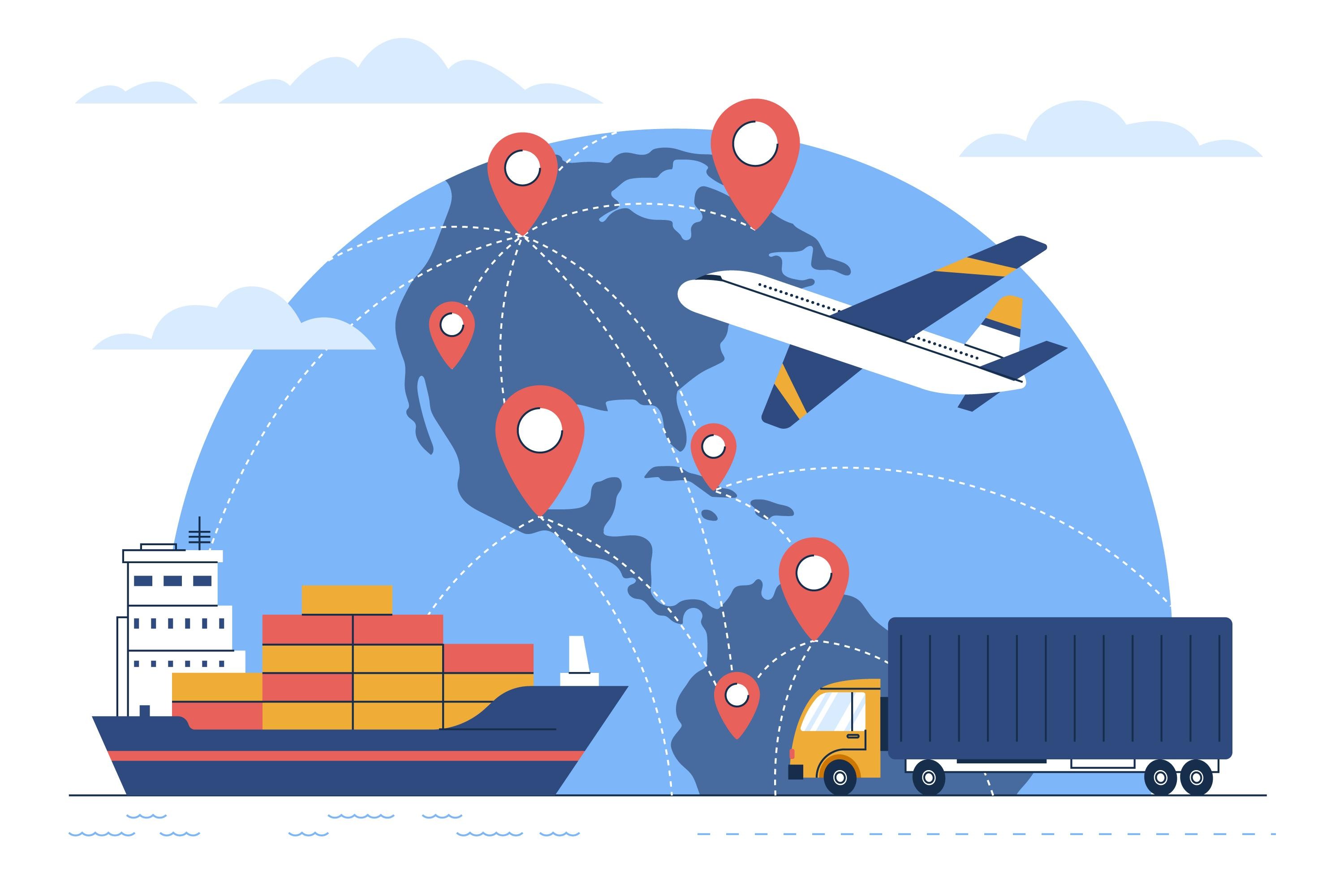


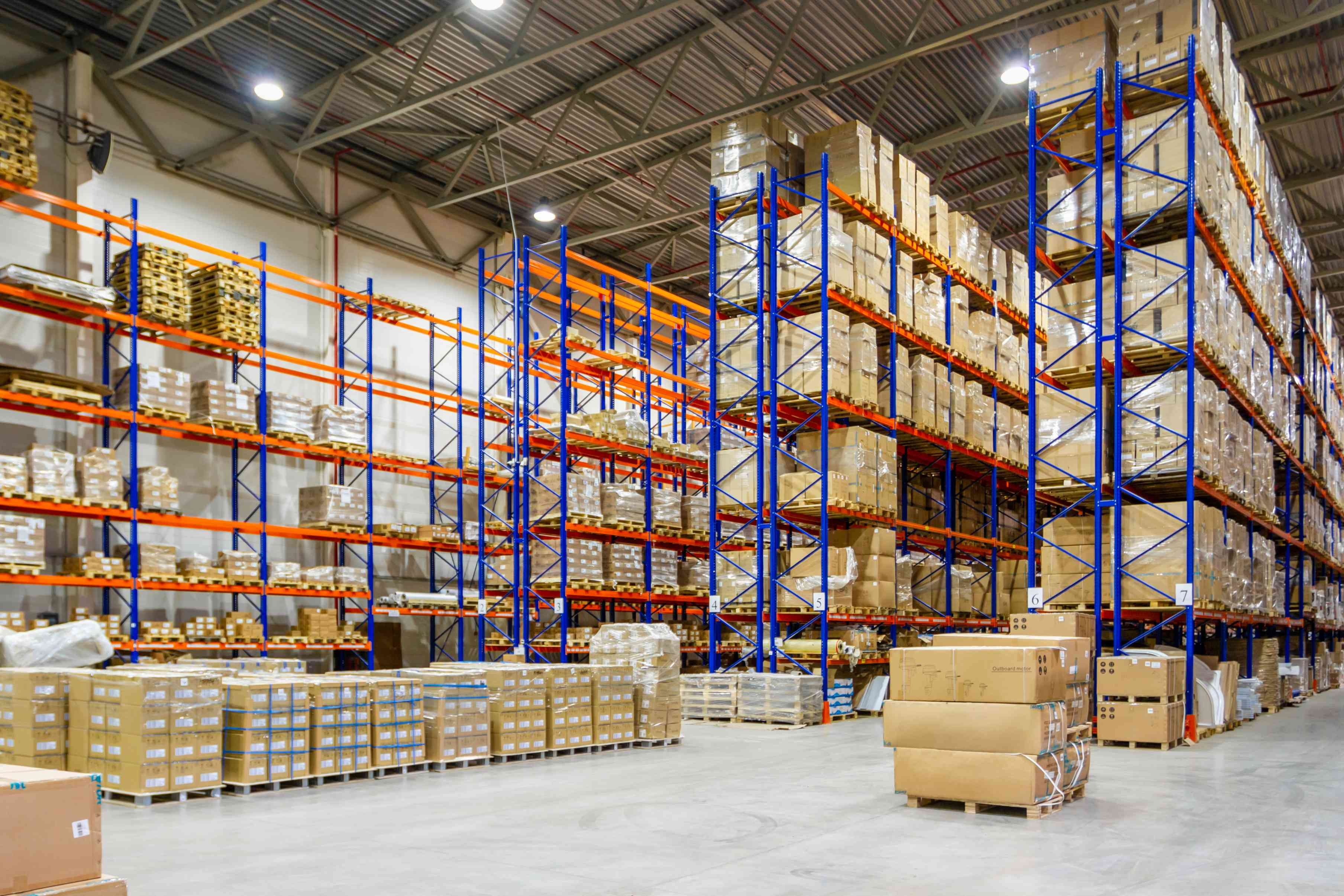
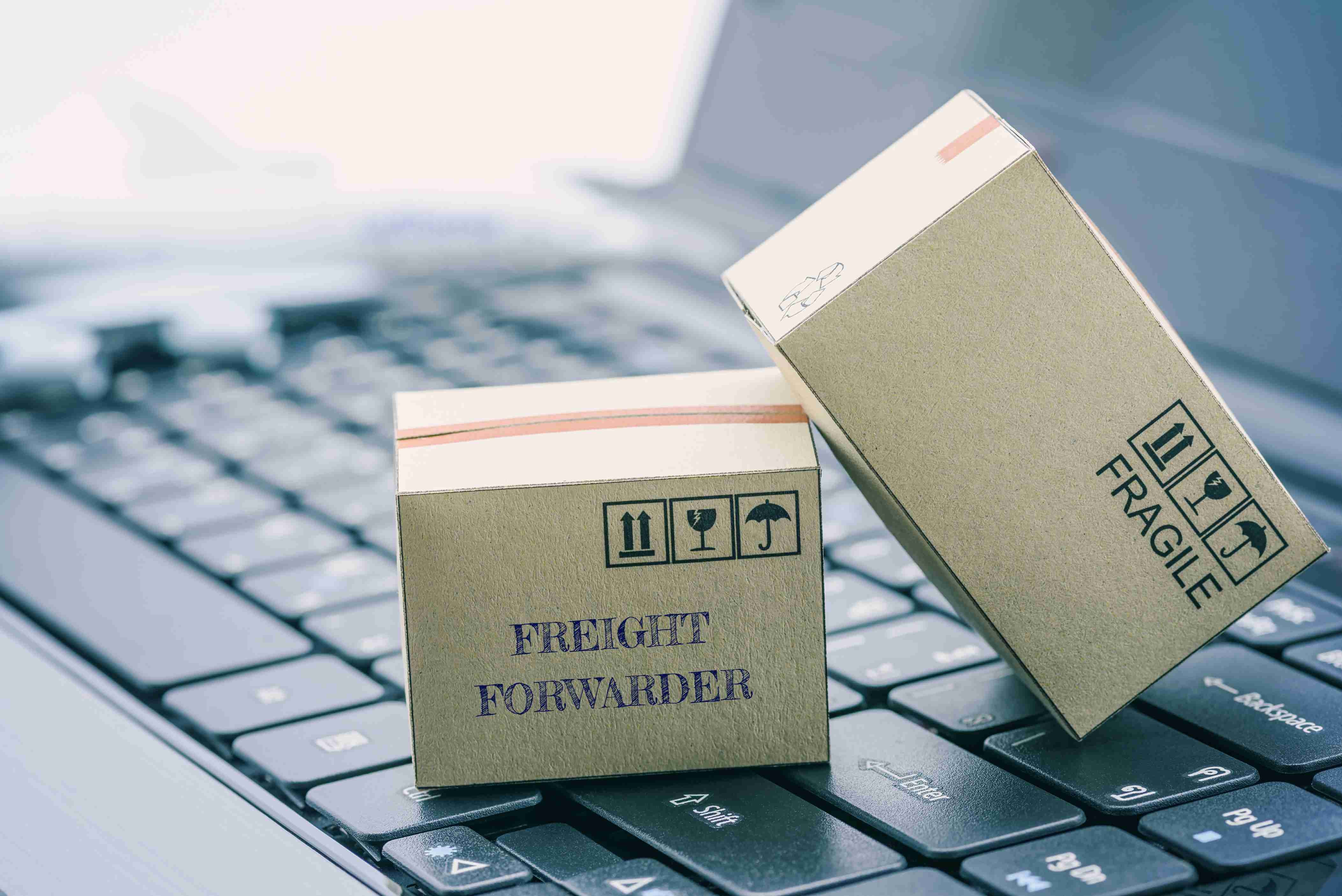
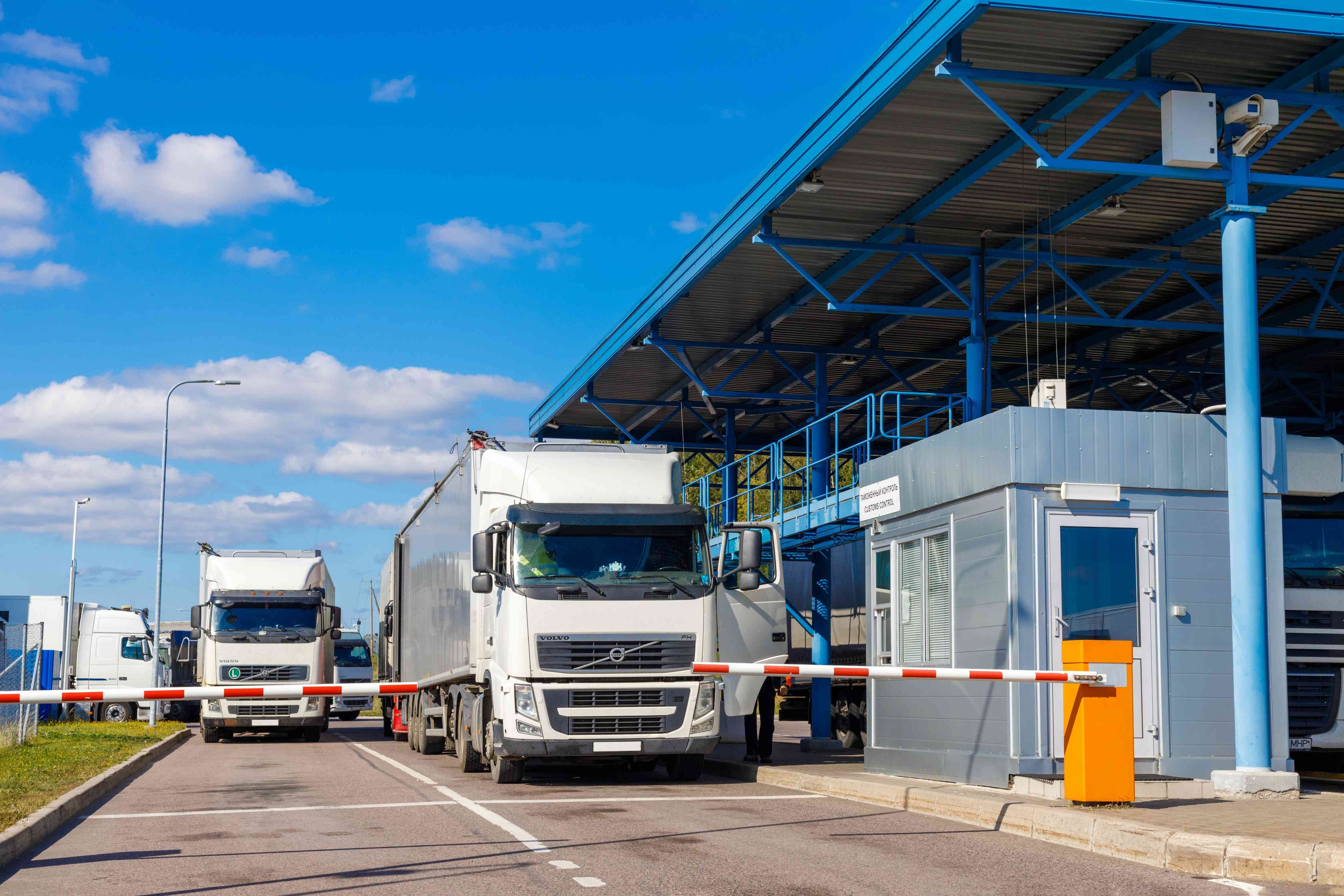
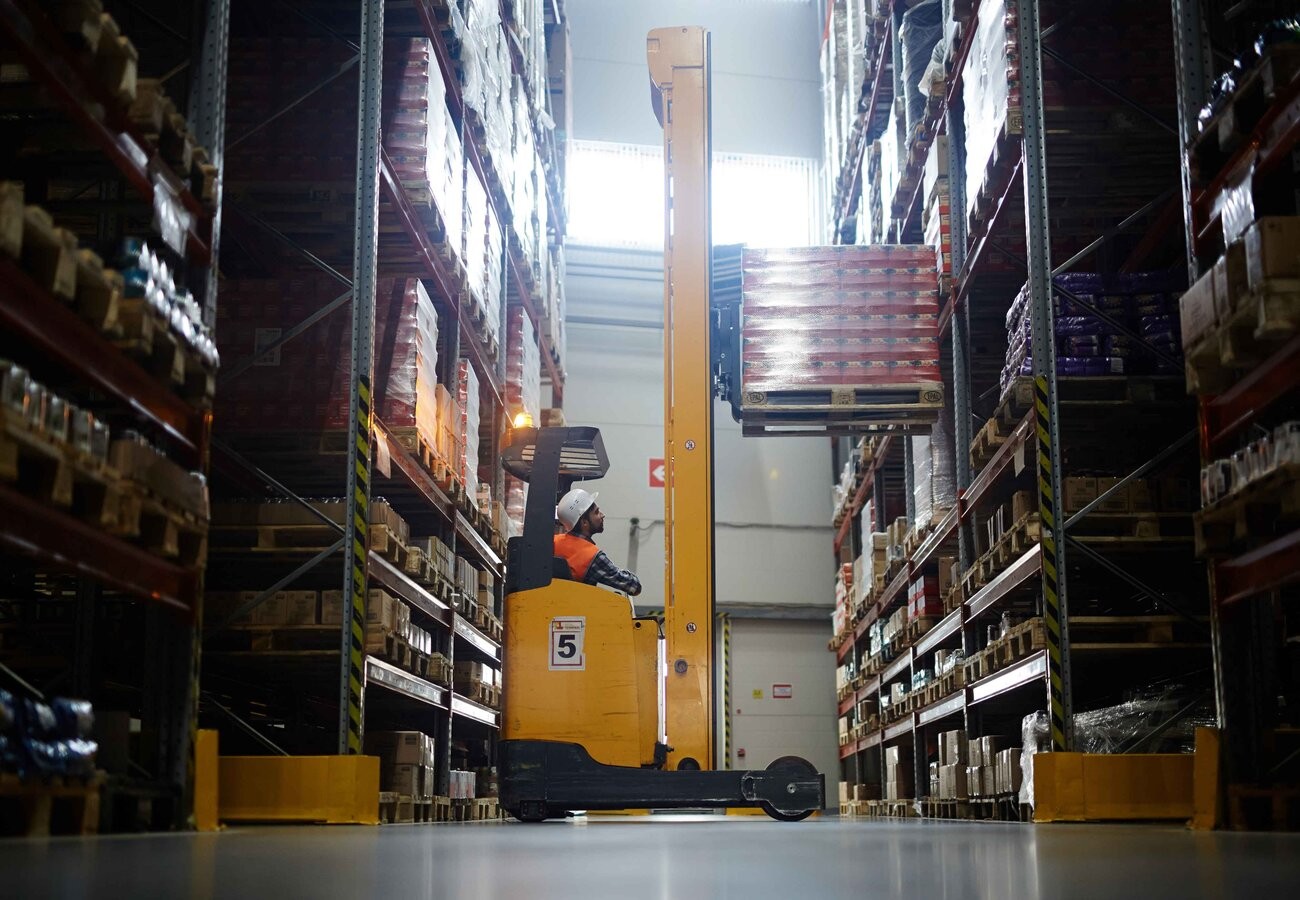
64ef6d522bd5d.jpg)
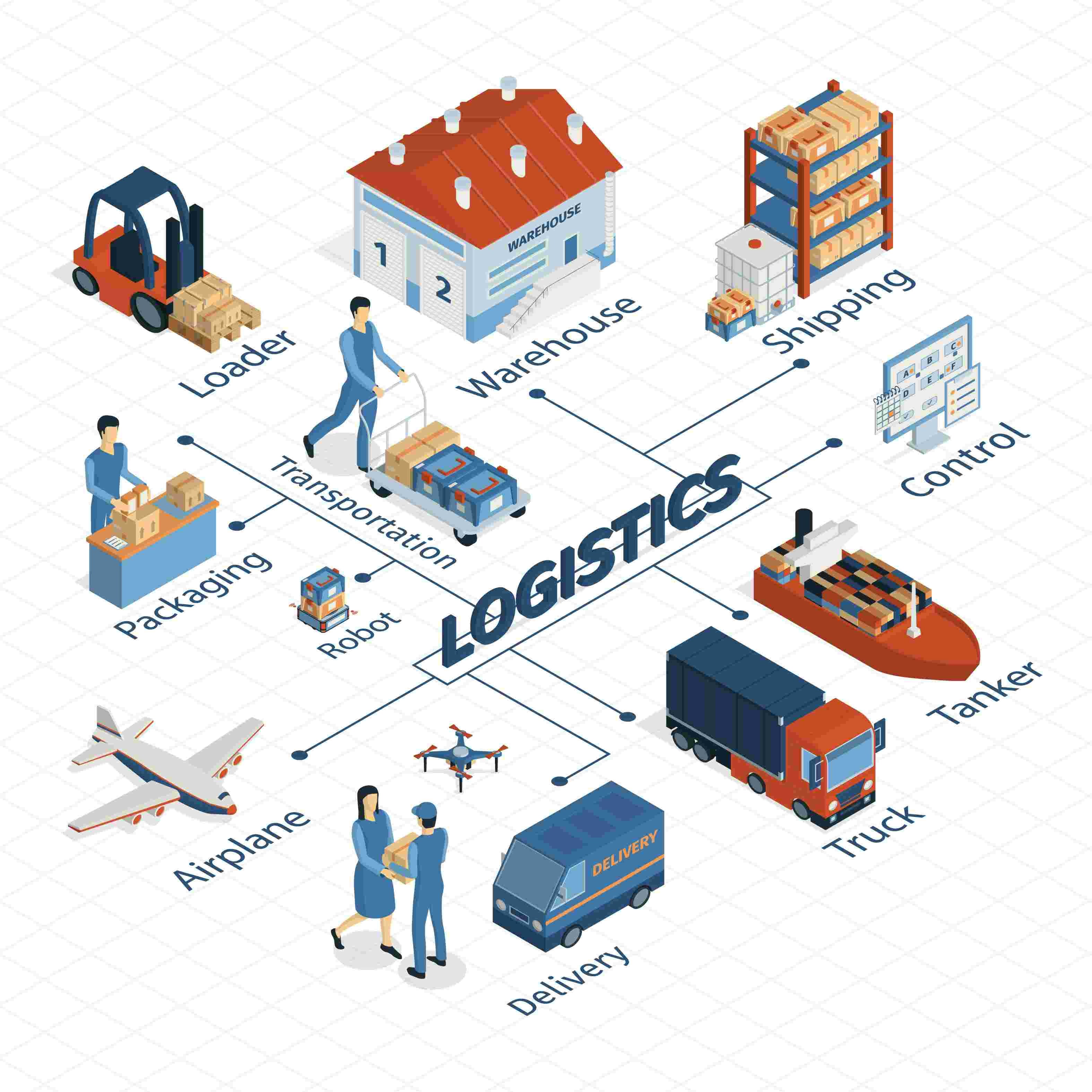
64a477953e86e.jpg)
643ff0cfeaf4e.jpg)
63fcb9023ba5f.jpg)
63d94f83c4432.jpg)
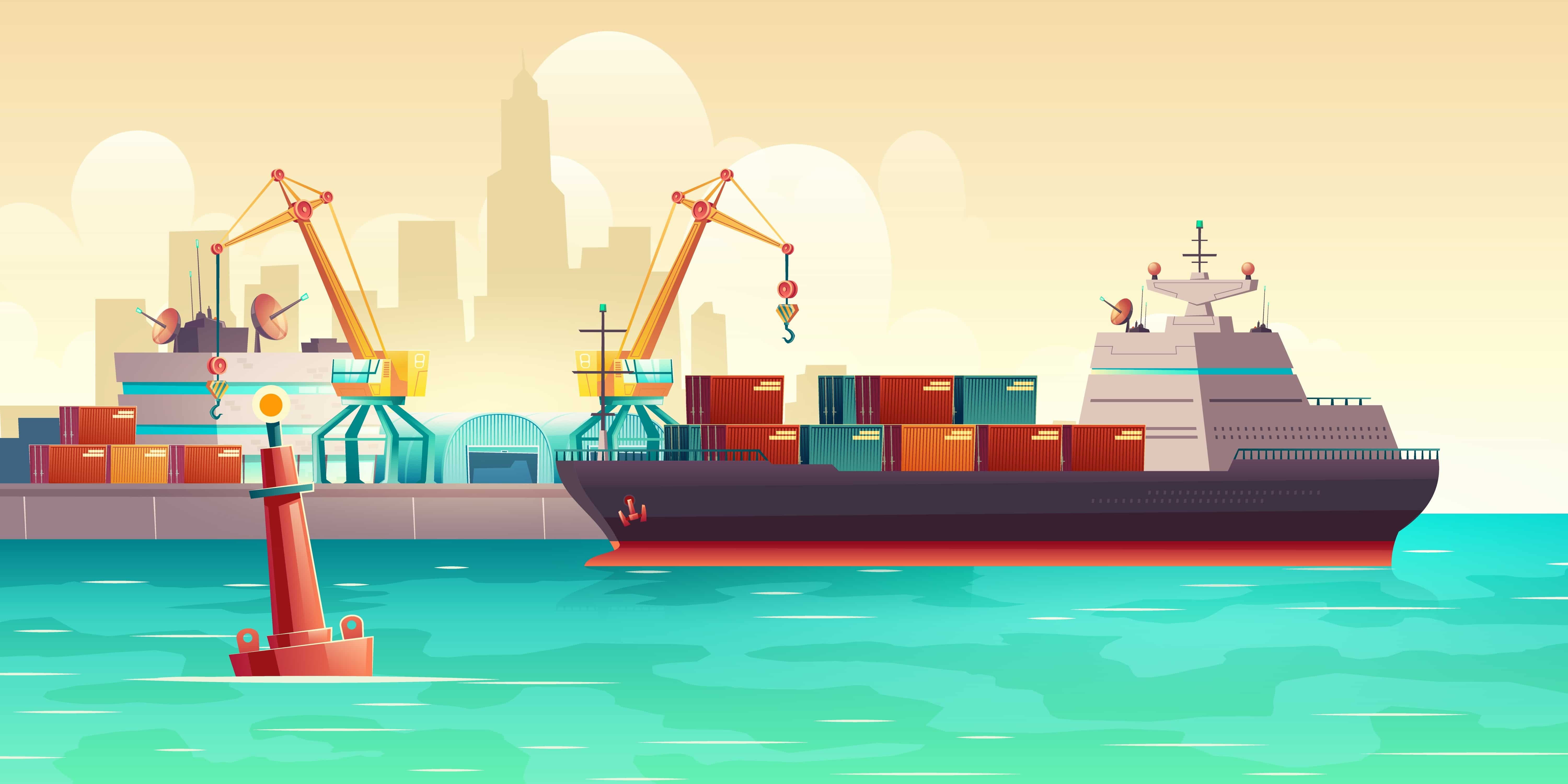

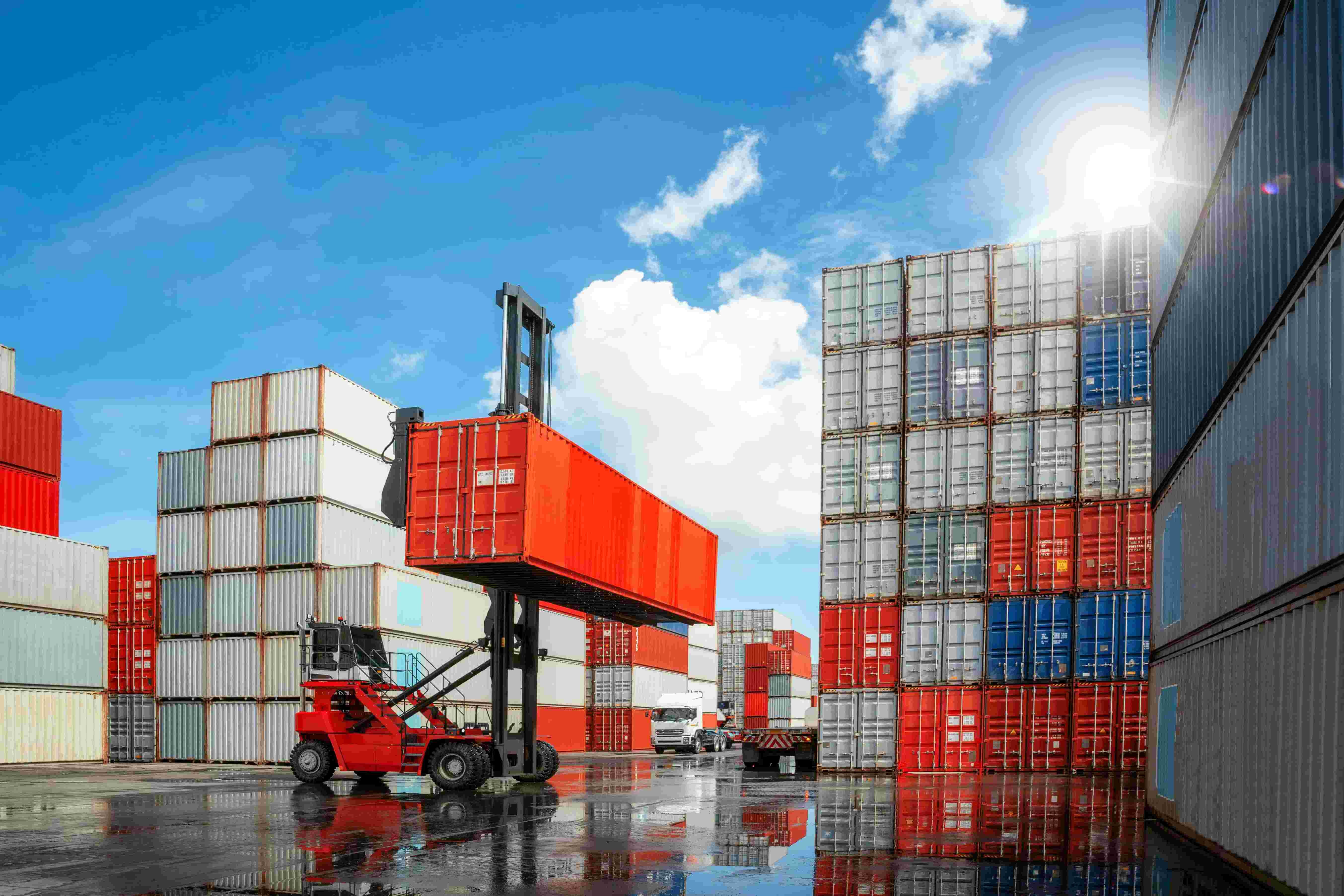
637611972635b.jpg)

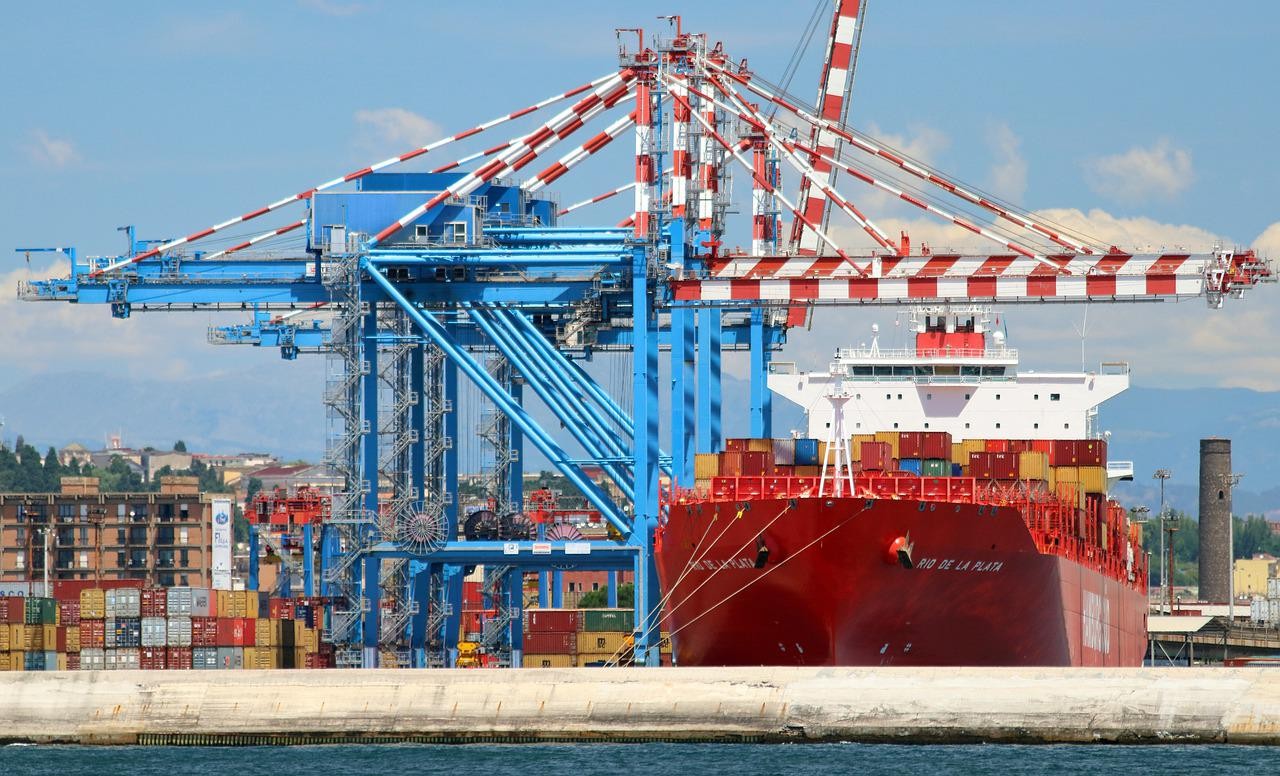

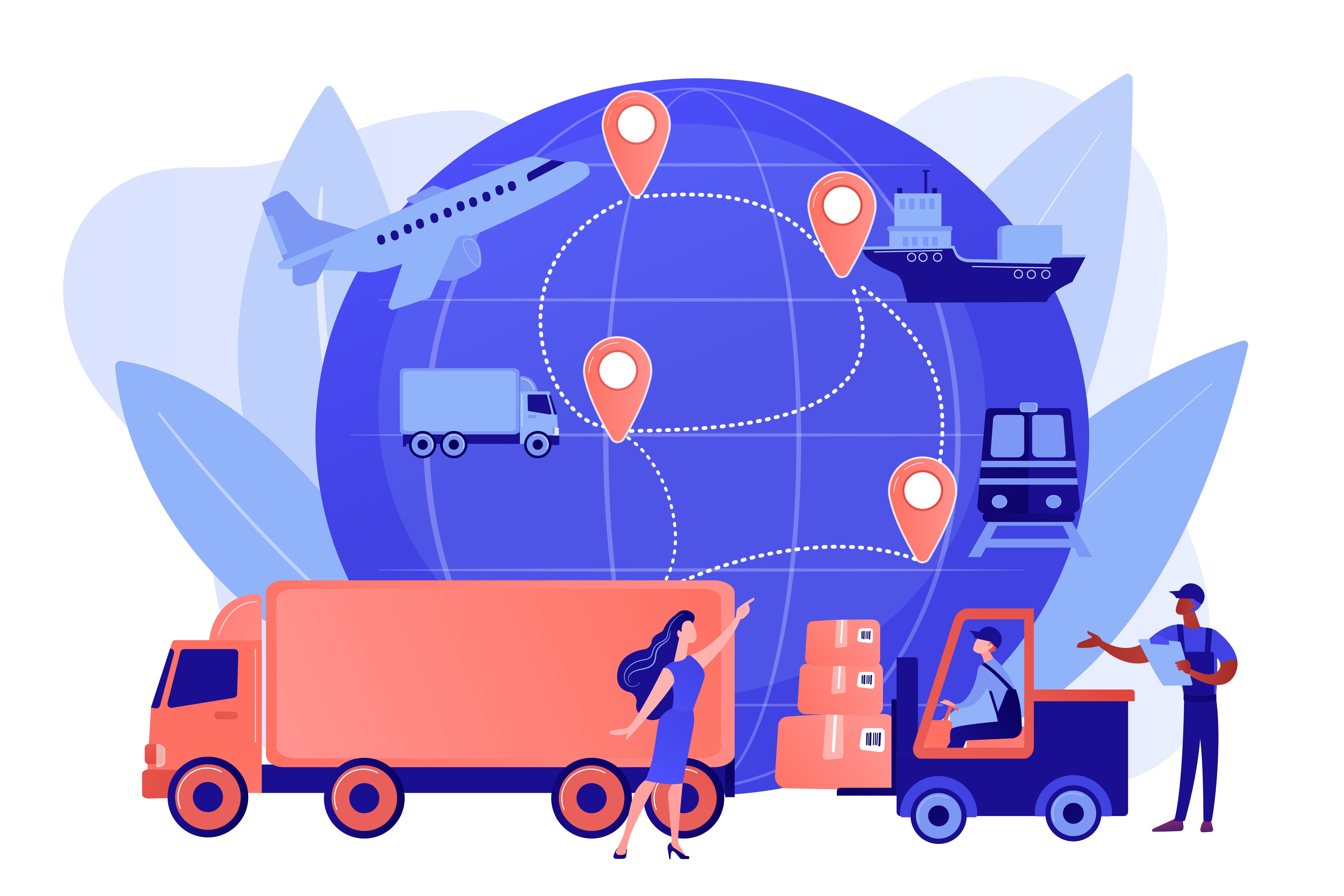
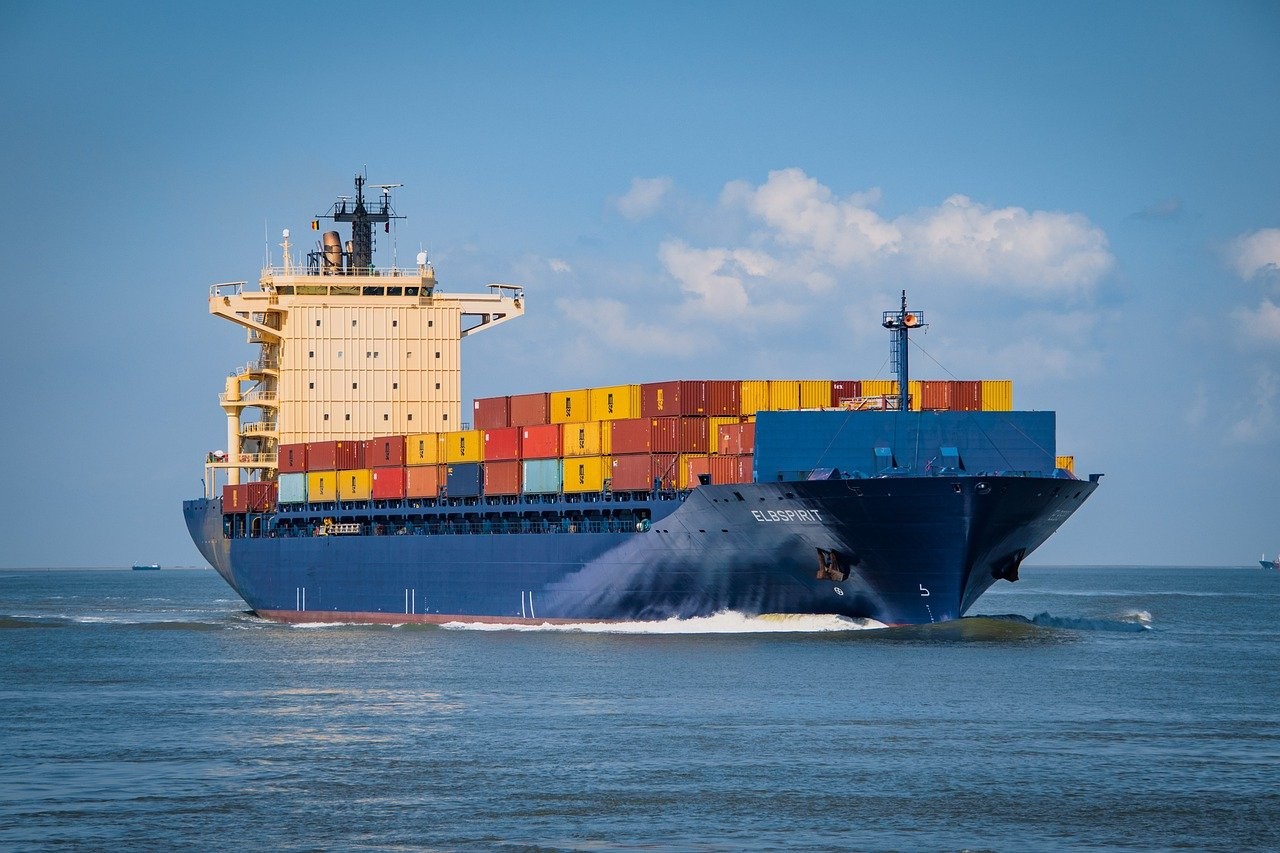
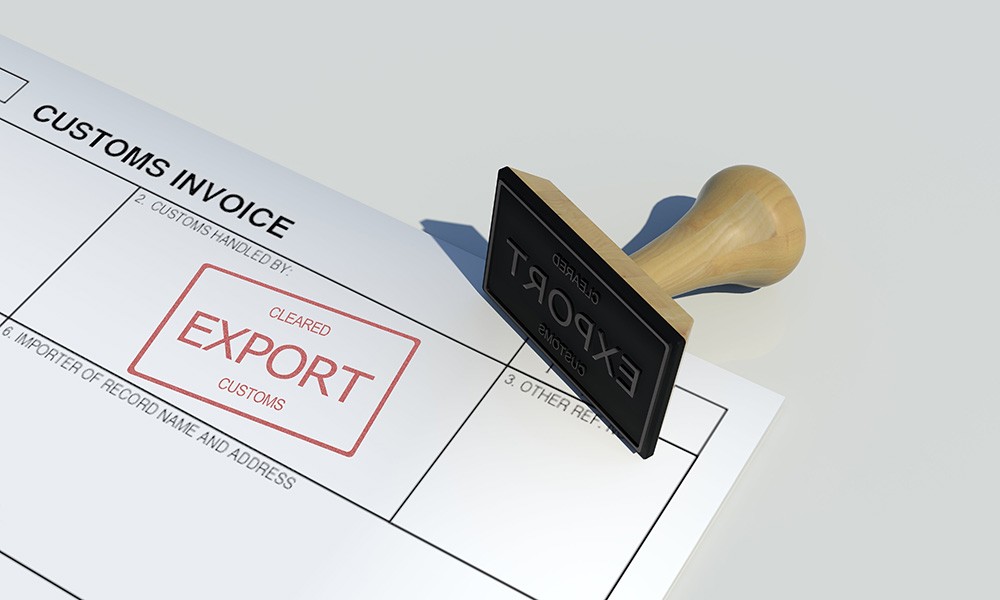
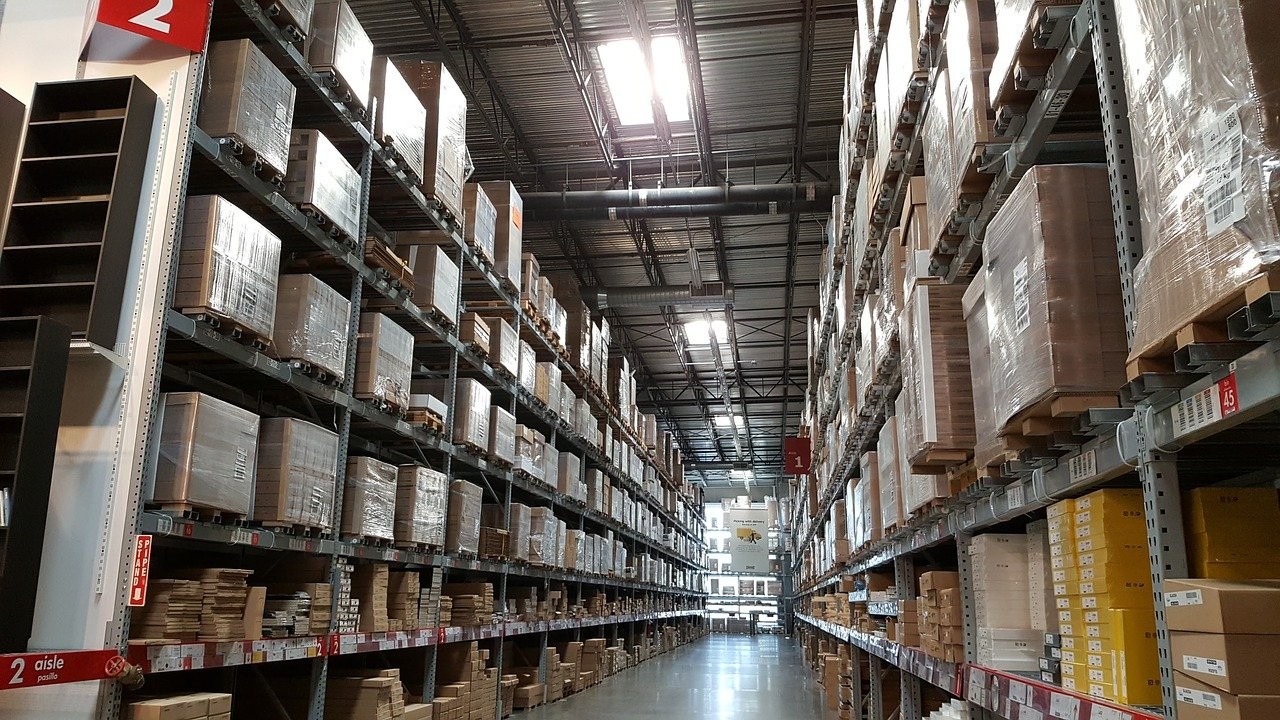
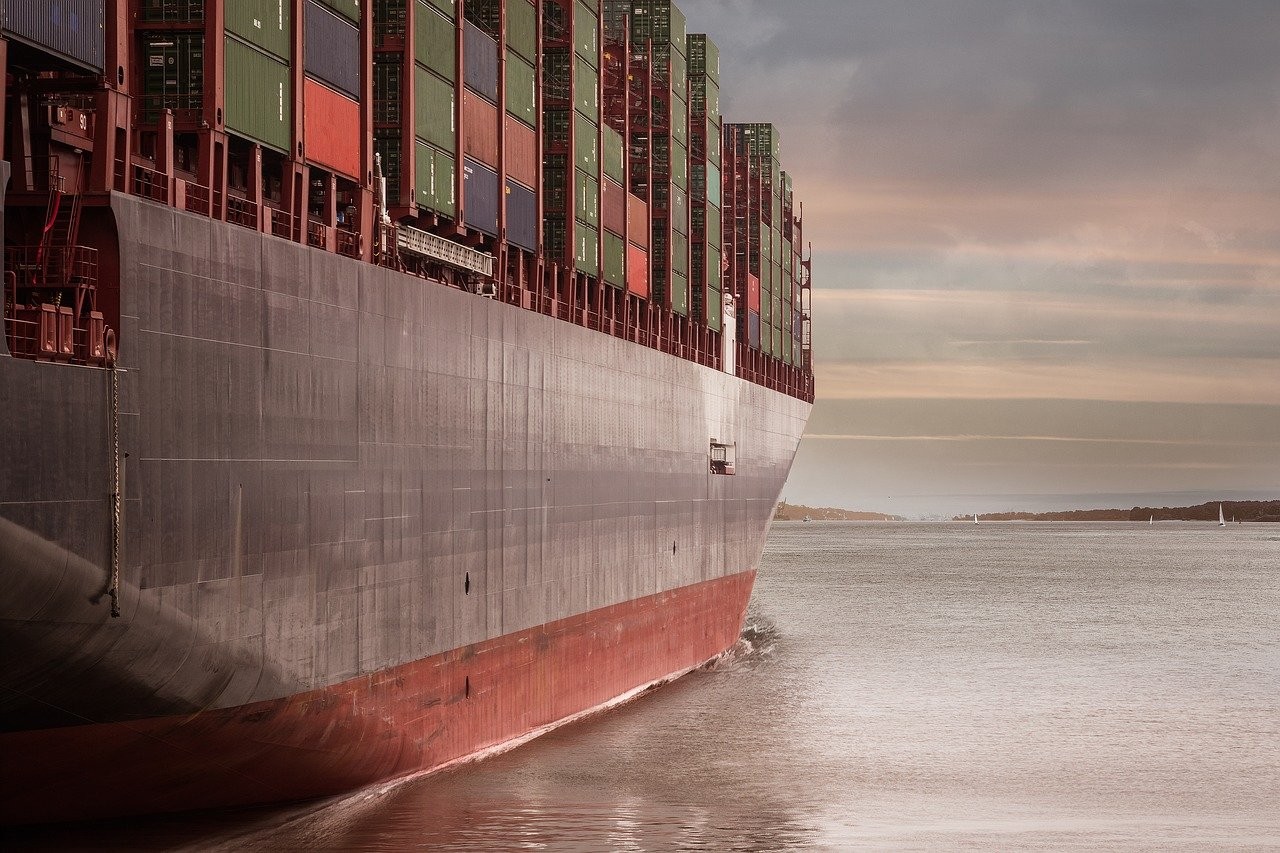
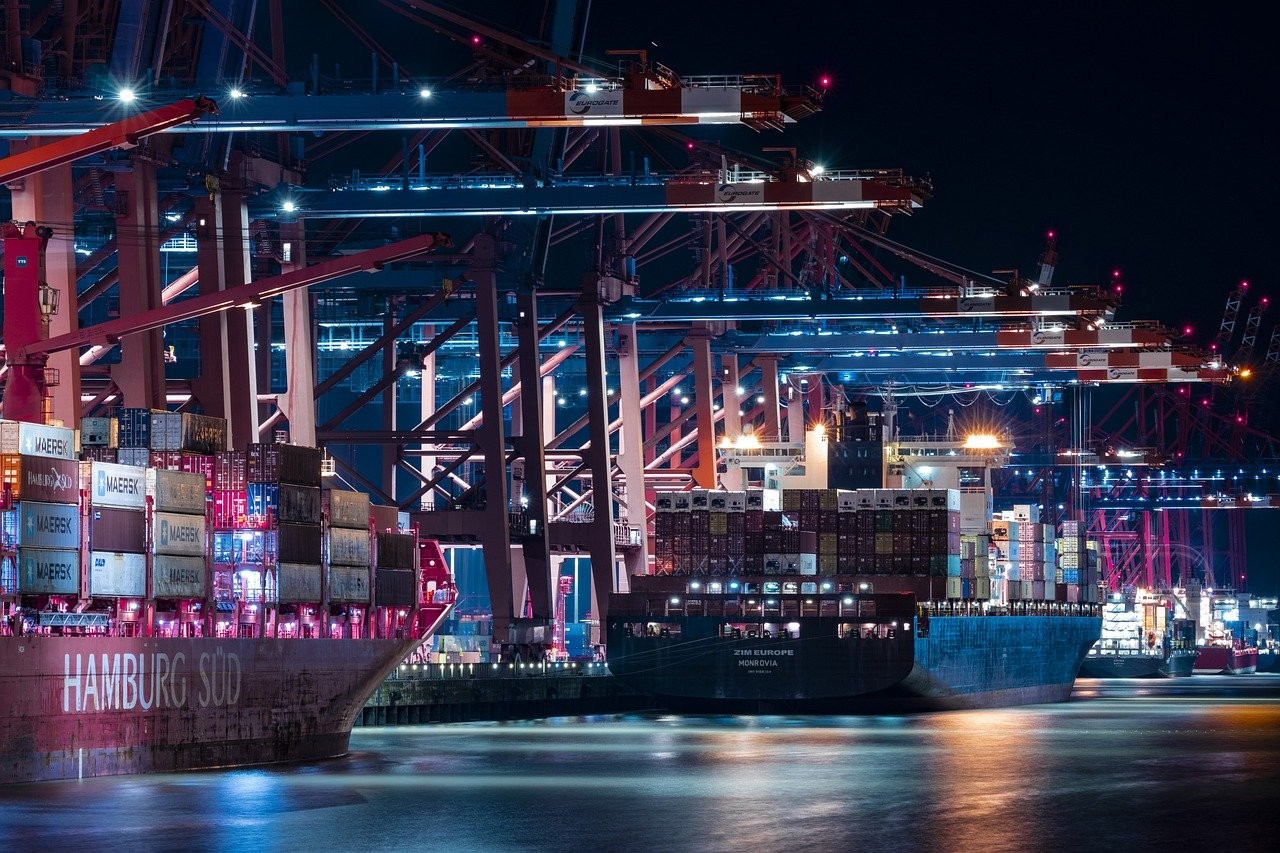
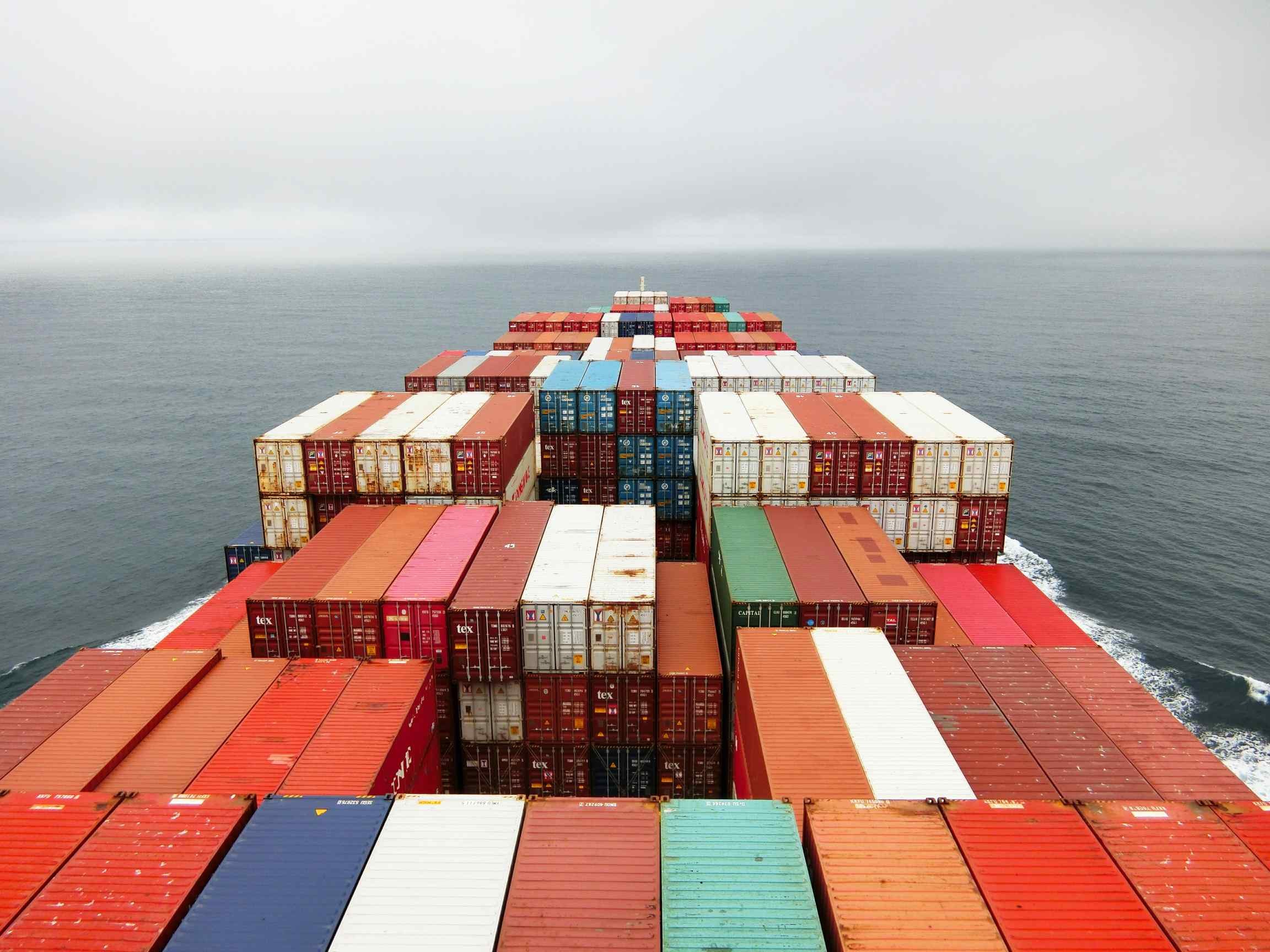
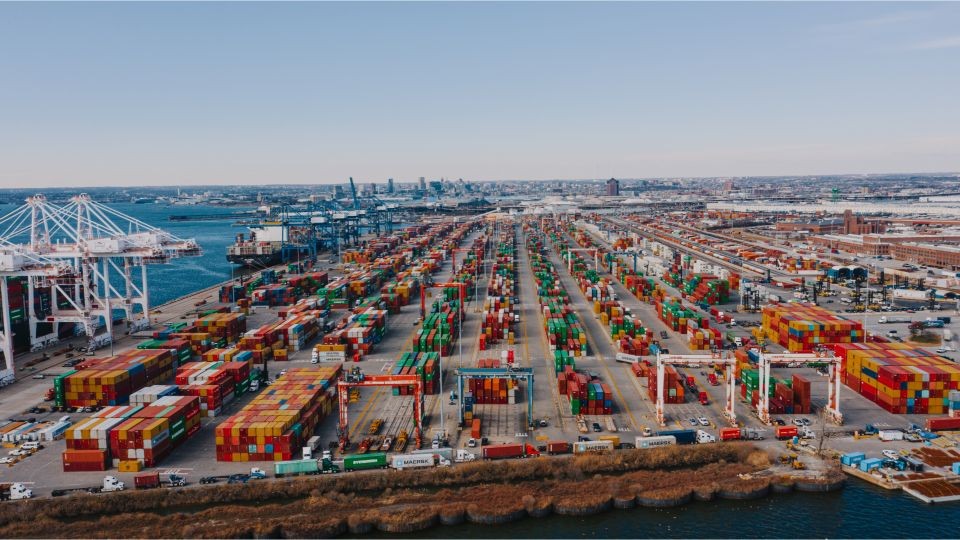

.png)